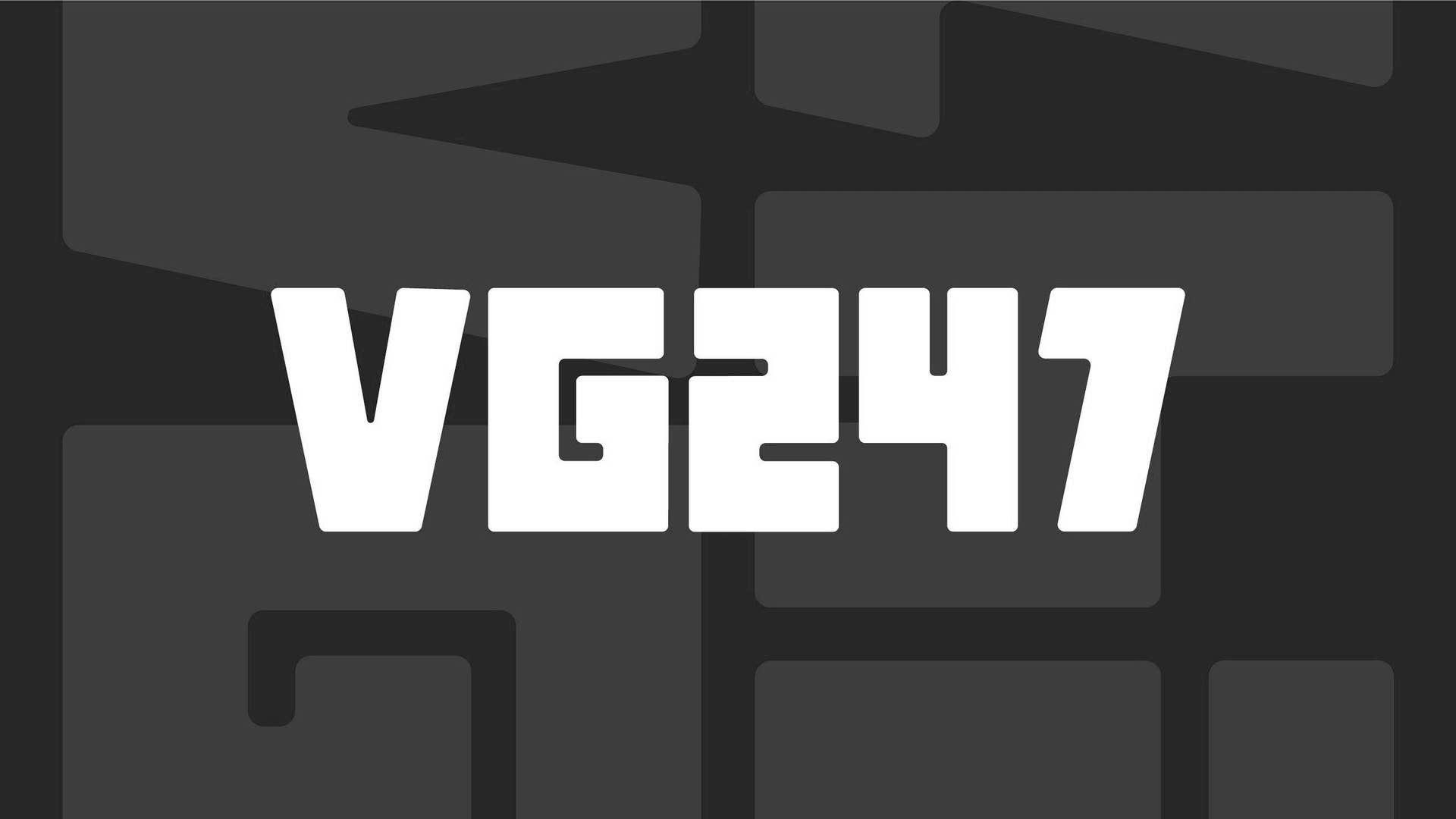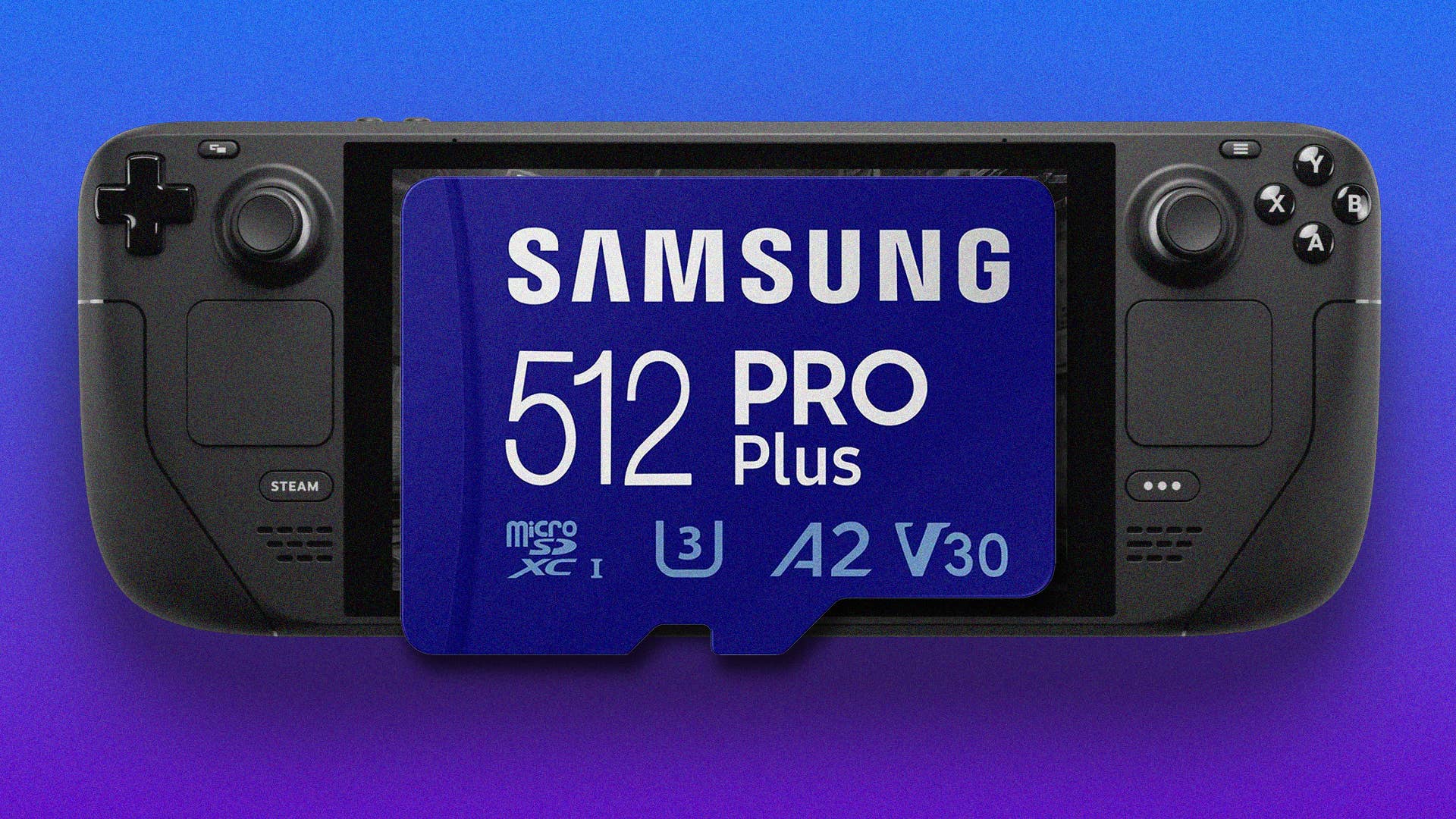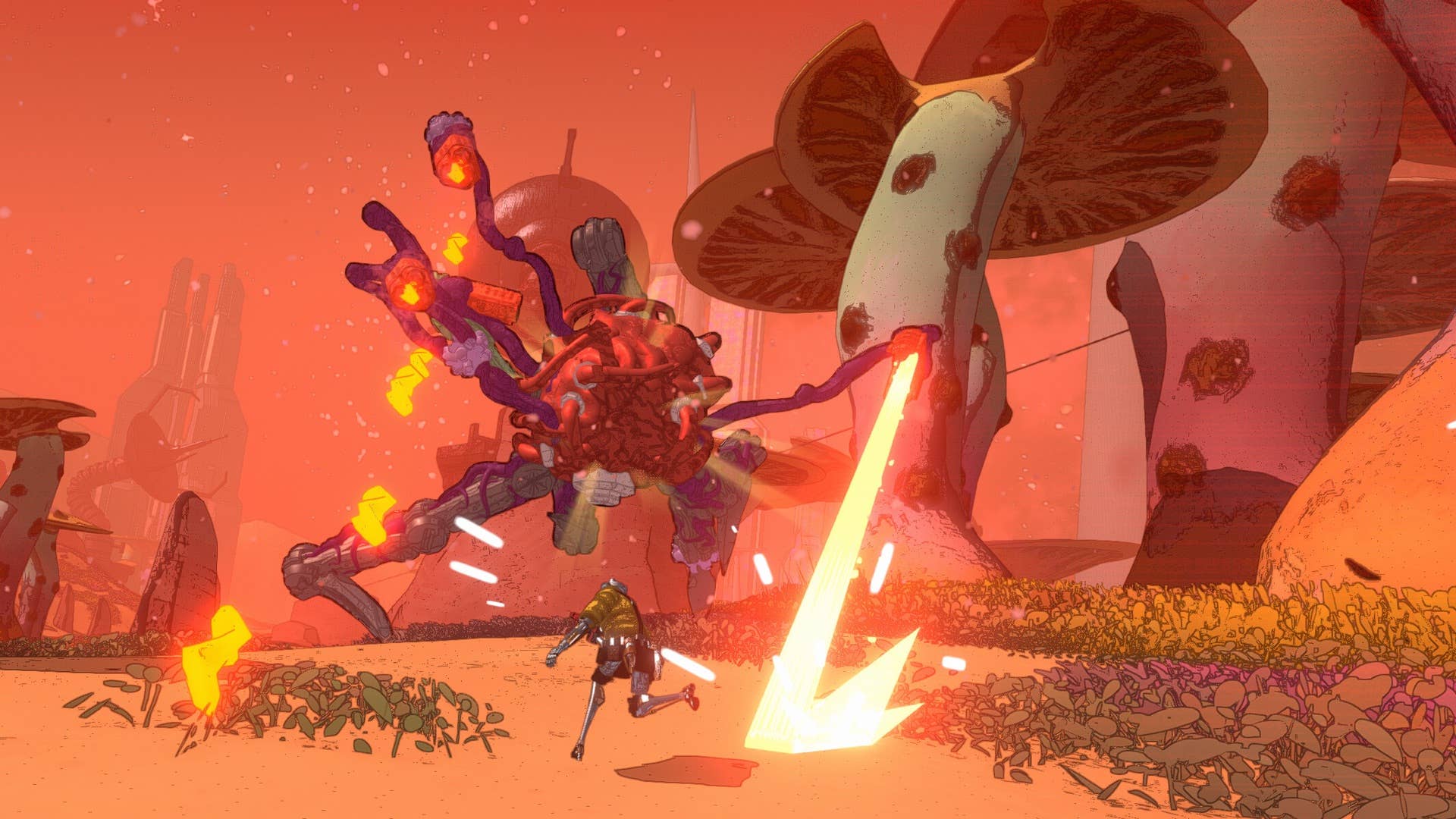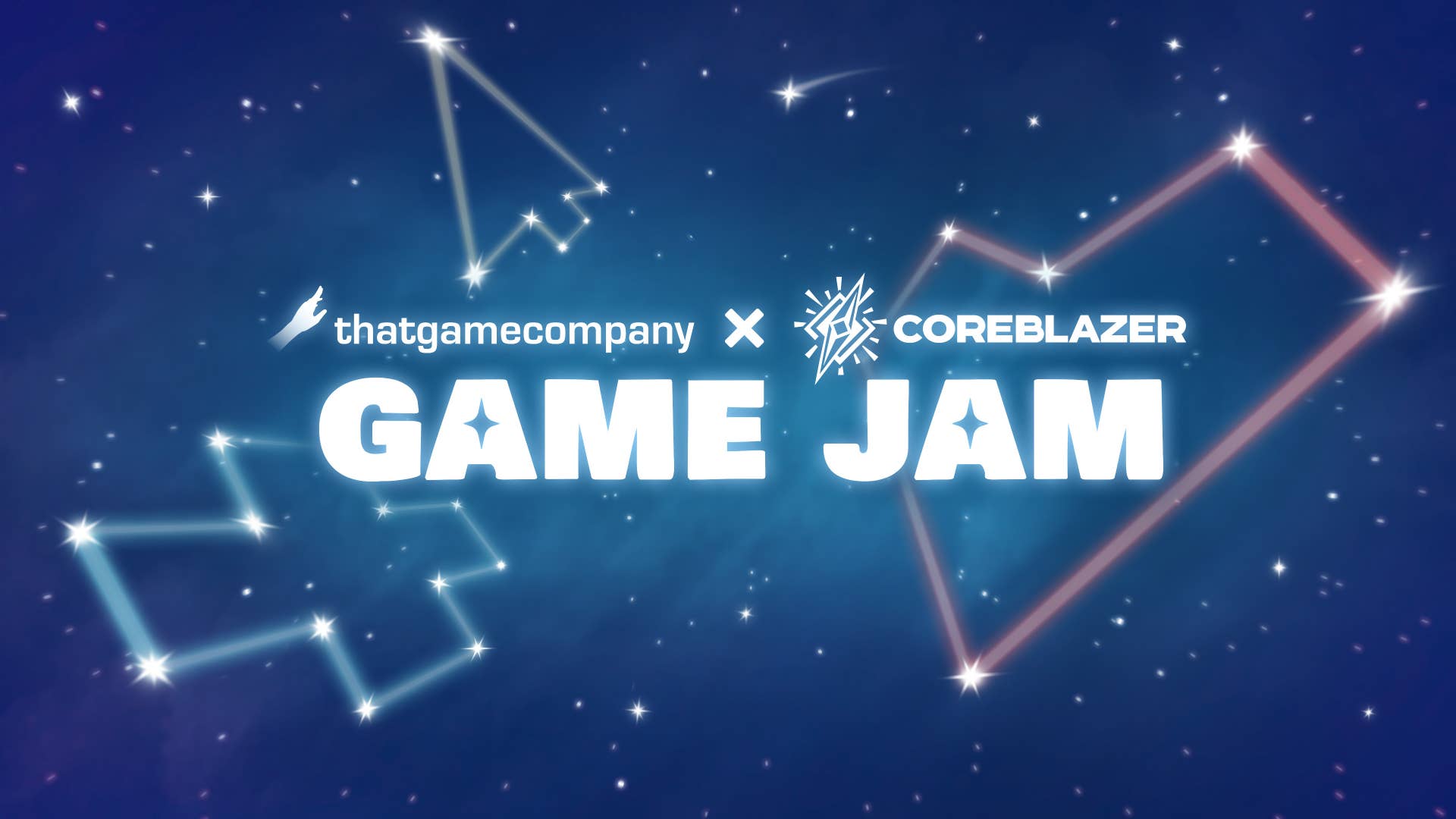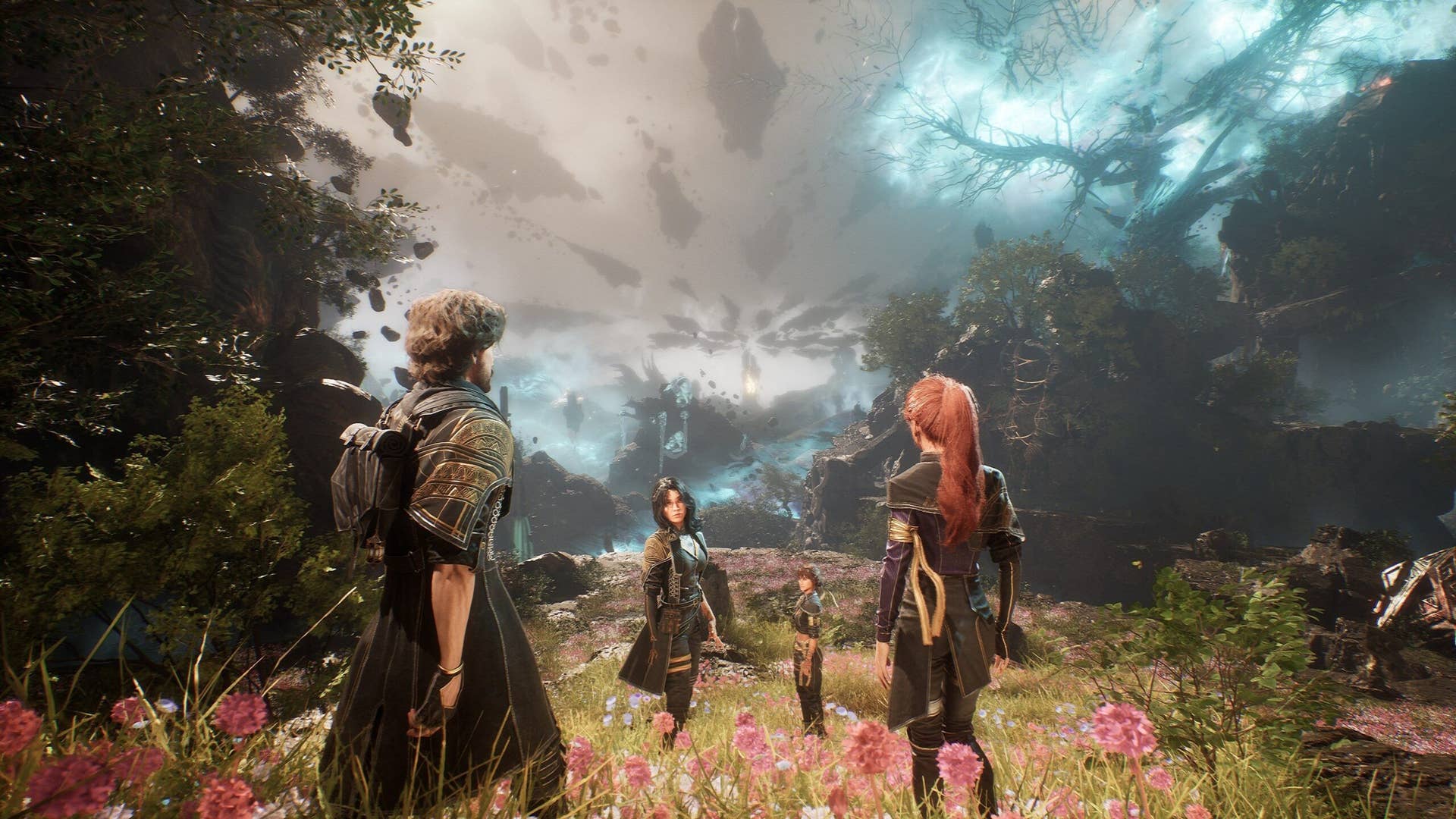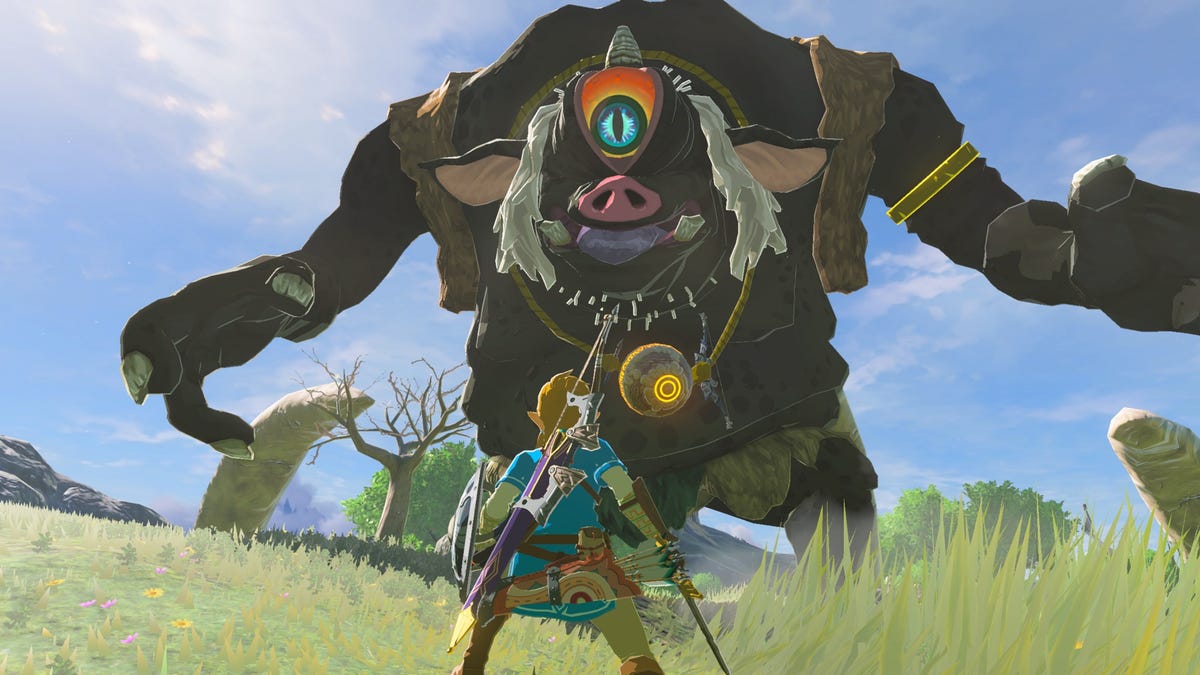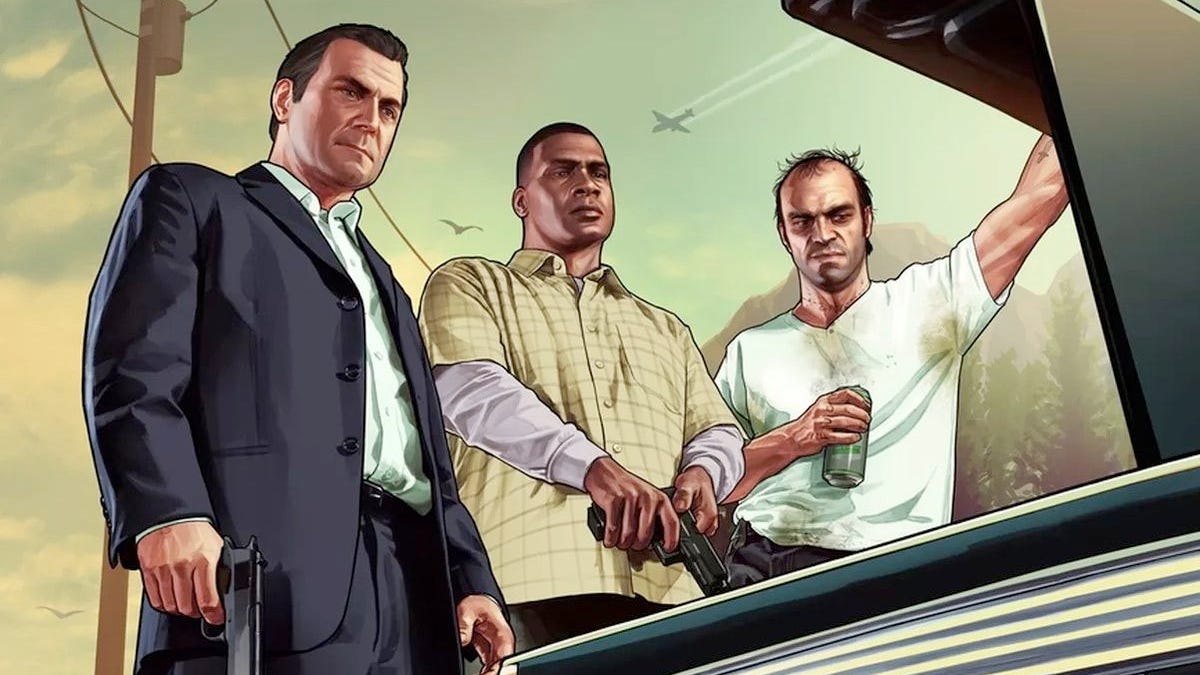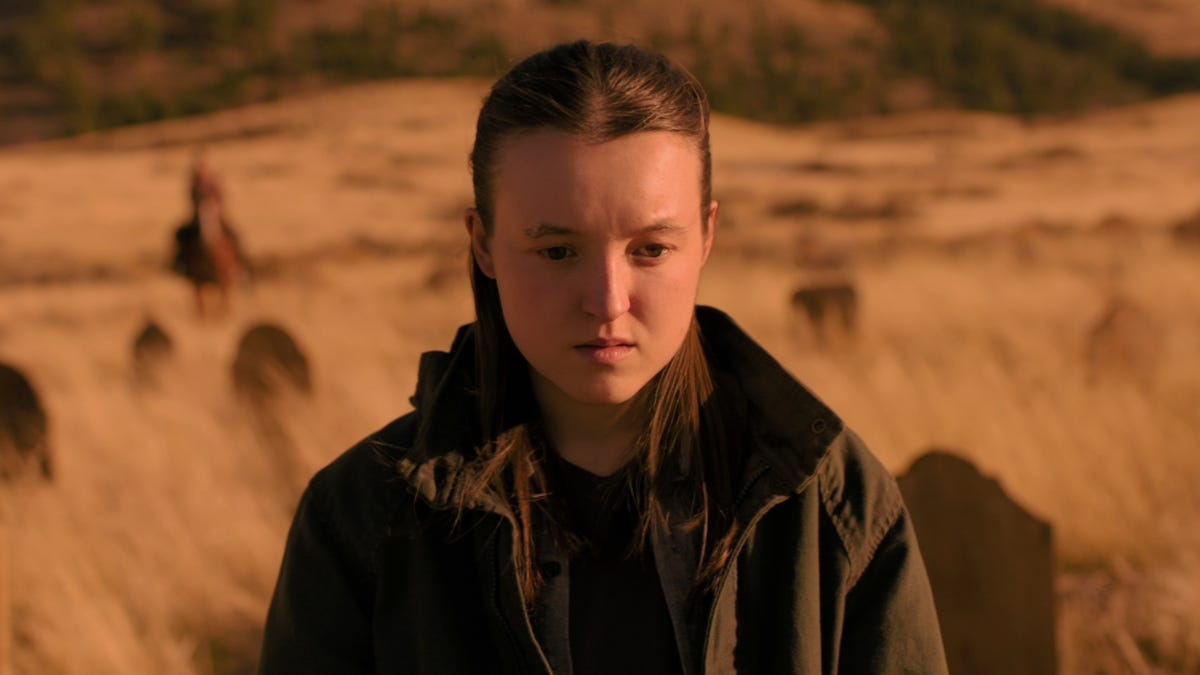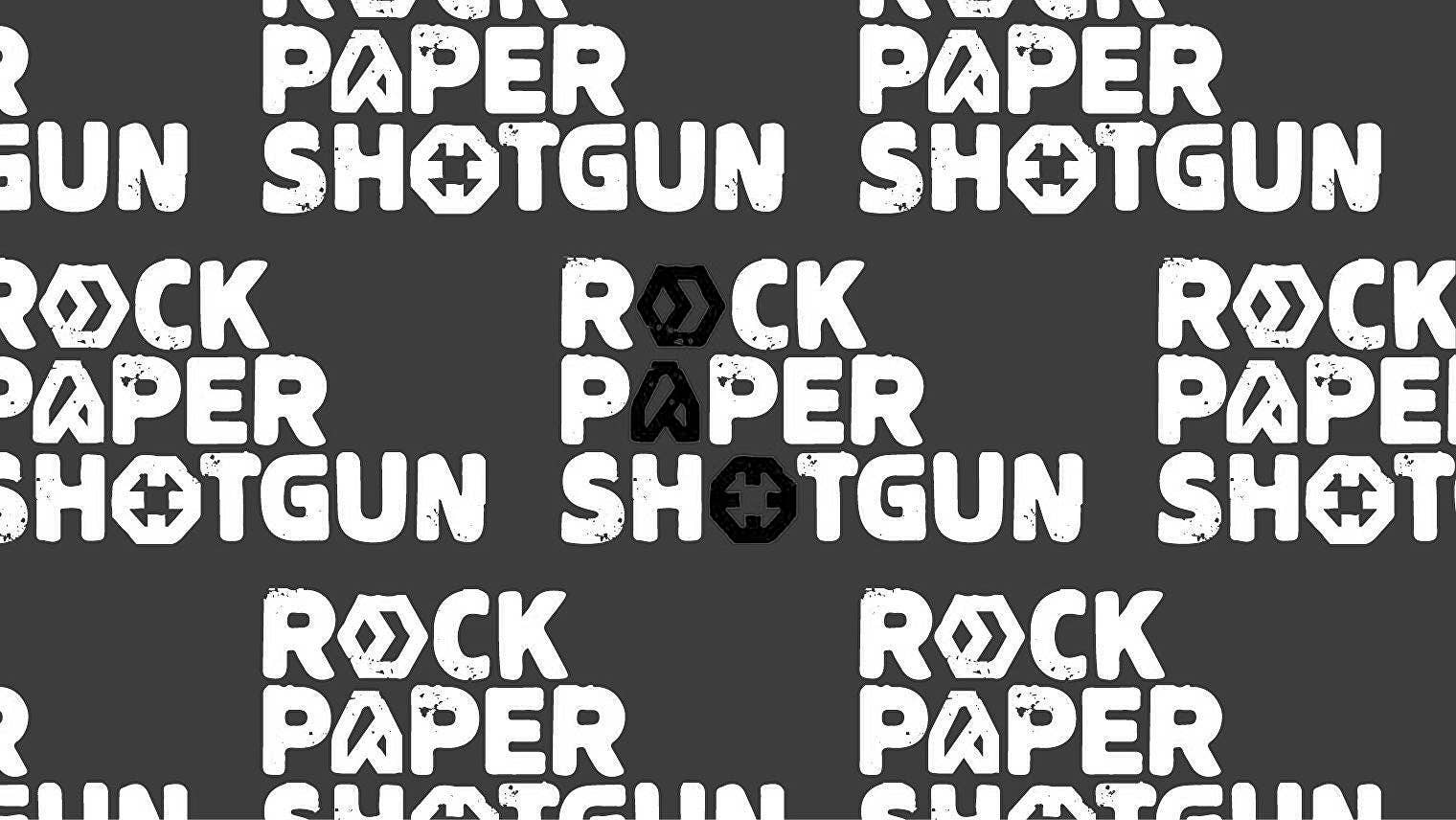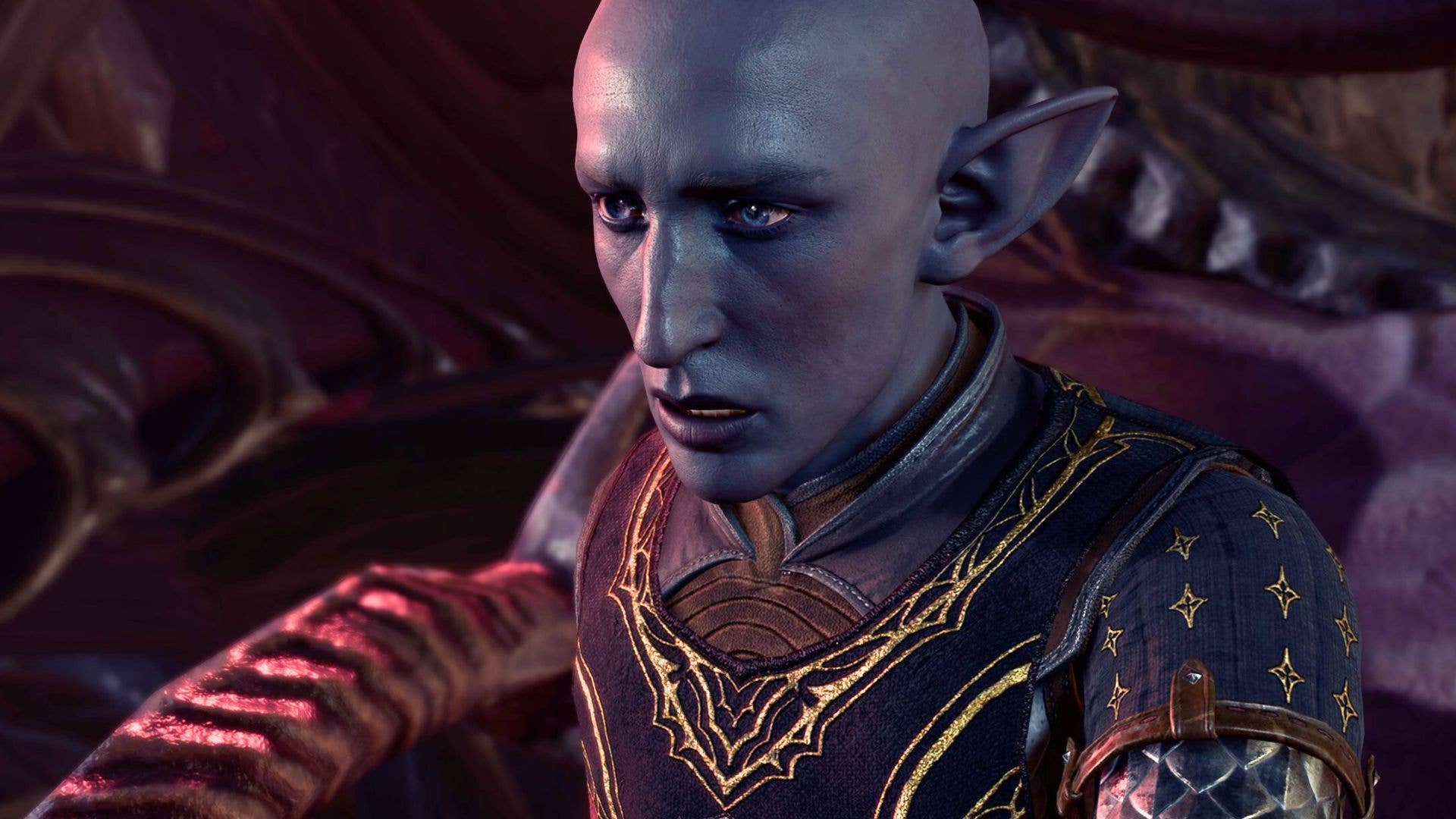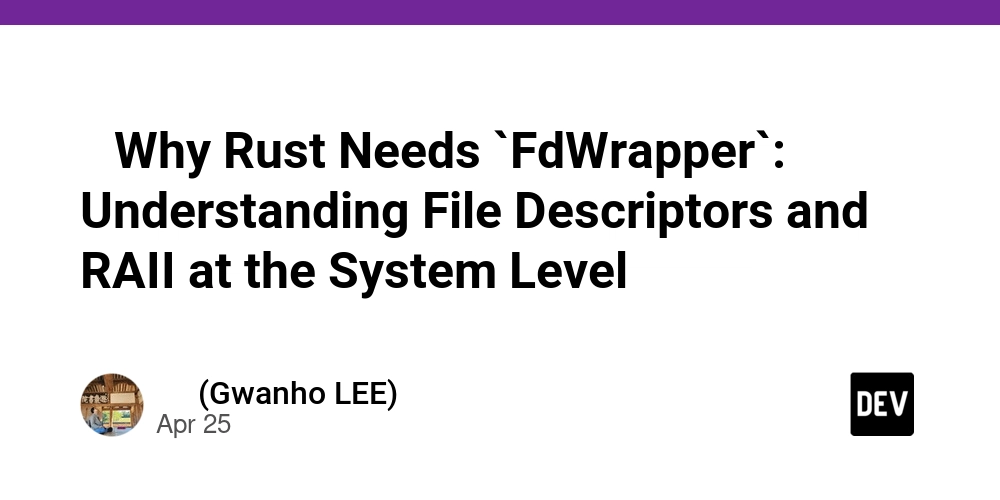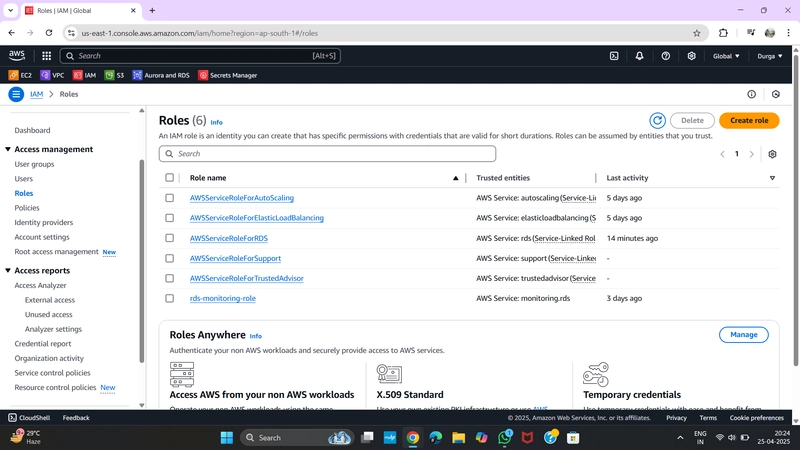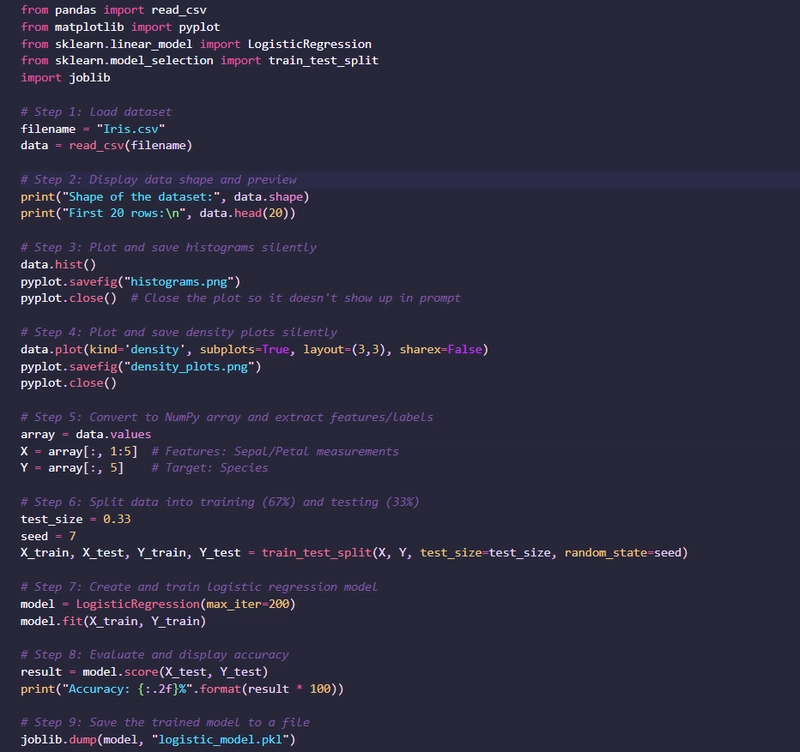You Don’t Need Permission to Lead: How Ownership Starts Small
When a project needed a lead, nobody said it out loud, but we all felt it. Everyone hesitated. Everyone waited for someone else to step up. And with some hesitation, I raised my hand: “I can take this.” I wasn’t the most experienced dev. I had a vague idea of where to start, at best. But I asked questions. I pulled in design, backend, and product. I wanted to be able to explain the entire feature from A to Z. And slowly, something started happening... Ownership Isn’t Assigned As I got more involved, everything wishlist-related started landing on my plate: New features. Scope changes. Late-breaking requests. That’s when "Mr. Wishlist" was born. Half-joke, half-title, but fully a sign of ownership that others recognized. Here’s what I learned: You don’t need permission to lead. You don’t need to have all the answers. You just need to start acting like it’s yours. That’s how ownership grows. Not from a title. Not from waiting. But from small, consistent momentum. Ownership Looks Like Small Moves Taking ownership doesn’t mean taking everything on your shoulders. It starts with little things: Asking the questions no one’s asking Raising a flag when something feels wrong Volunteering to lead a messy task Pulling the right people into the room You don’t have to feel "ready." You rarely will. Ownership starts when you decide to stop waiting for someone else. Final thoughts If you're trying to grow as a developer, especially toward a senior or lead role, start practicing ownership now. Not just when you're assigned to. Not just when you have a fancy title. But when you see an opportunity and you take it. The people around you will notice. And more importantly: you will notice.
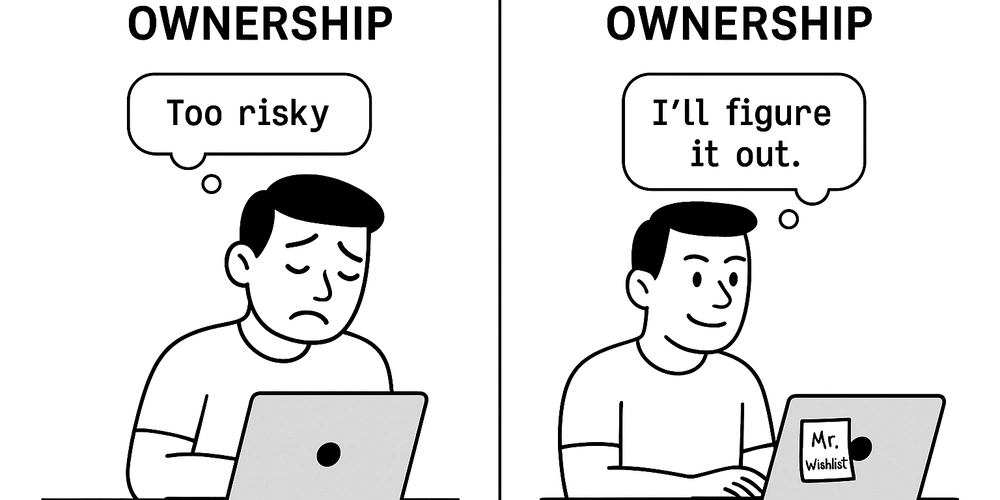
When a project needed a lead, nobody said it out loud, but we all felt it.
Everyone hesitated.
Everyone waited for someone else to step up.
And with some hesitation, I raised my hand:
“I can take this.”
I wasn’t the most experienced dev. I had a vague idea of where to start, at best.
But I asked questions. I pulled in design, backend, and product. I wanted to be able to explain the entire feature from A to Z.
And slowly, something started happening...
Ownership Isn’t Assigned
As I got more involved, everything wishlist-related started landing on my plate:
New features. Scope changes. Late-breaking requests.
That’s when "Mr. Wishlist" was born. Half-joke, half-title, but fully a sign of ownership that others recognized.
Here’s what I learned:
- You don’t need permission to lead.
- You don’t need to have all the answers.
- You just need to start acting like it’s yours.
That’s how ownership grows.
Not from a title.
Not from waiting.
But from small, consistent momentum.
Ownership Looks Like Small Moves
Taking ownership doesn’t mean taking everything on your shoulders.
It starts with little things:
- Asking the questions no one’s asking
- Raising a flag when something feels wrong
- Volunteering to lead a messy task
- Pulling the right people into the room
You don’t have to feel "ready." You rarely will.
Ownership starts when you decide to stop waiting for someone else.
Final thoughts
If you're trying to grow as a developer, especially toward a senior or lead role, start practicing ownership now.
Not just when you're assigned to. Not just when you have a fancy title. But when you see an opportunity and you take it.
The people around you will notice.
And more importantly: you will notice.














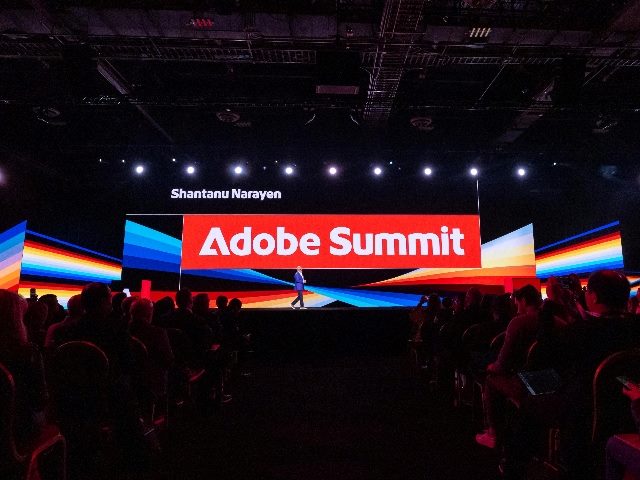




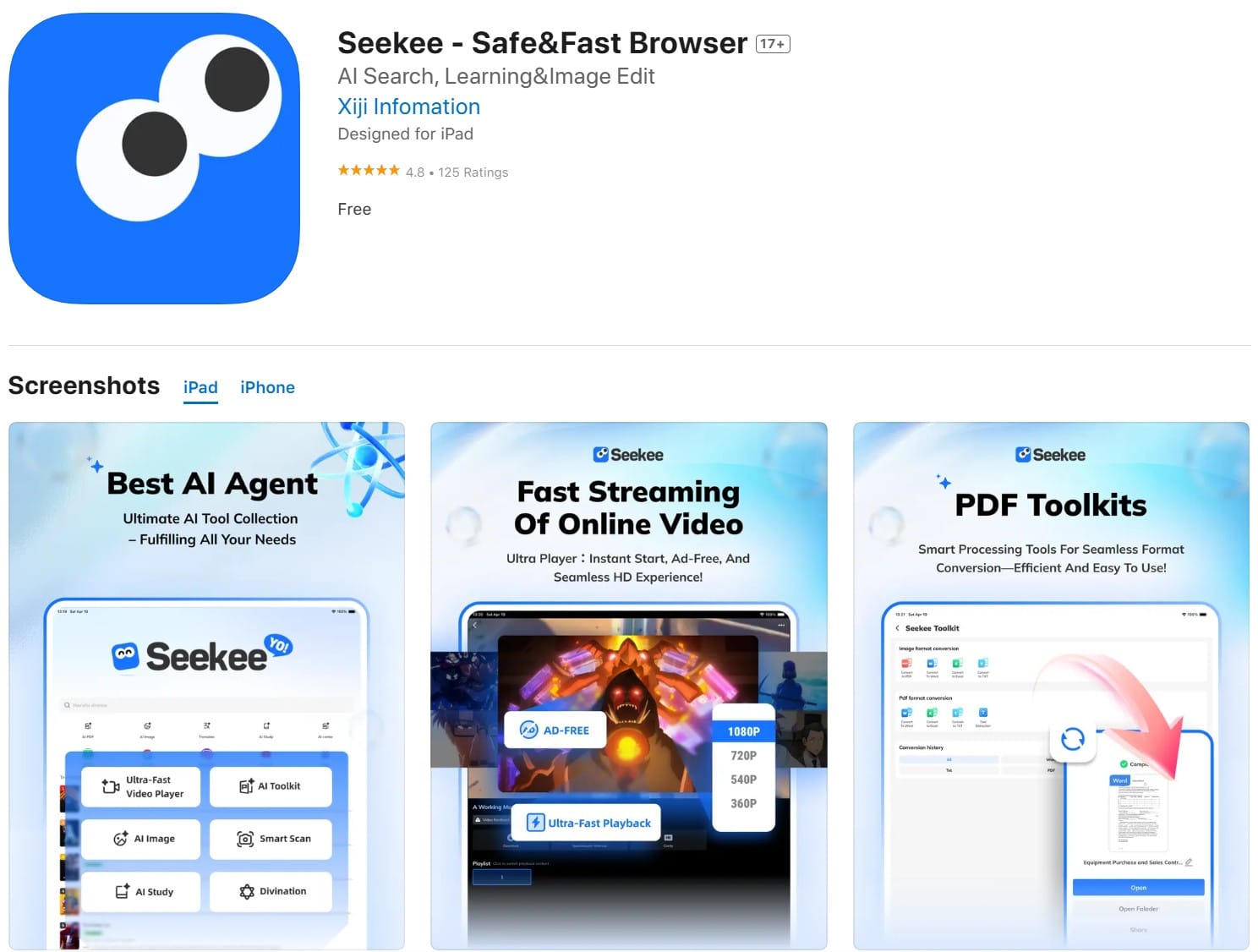
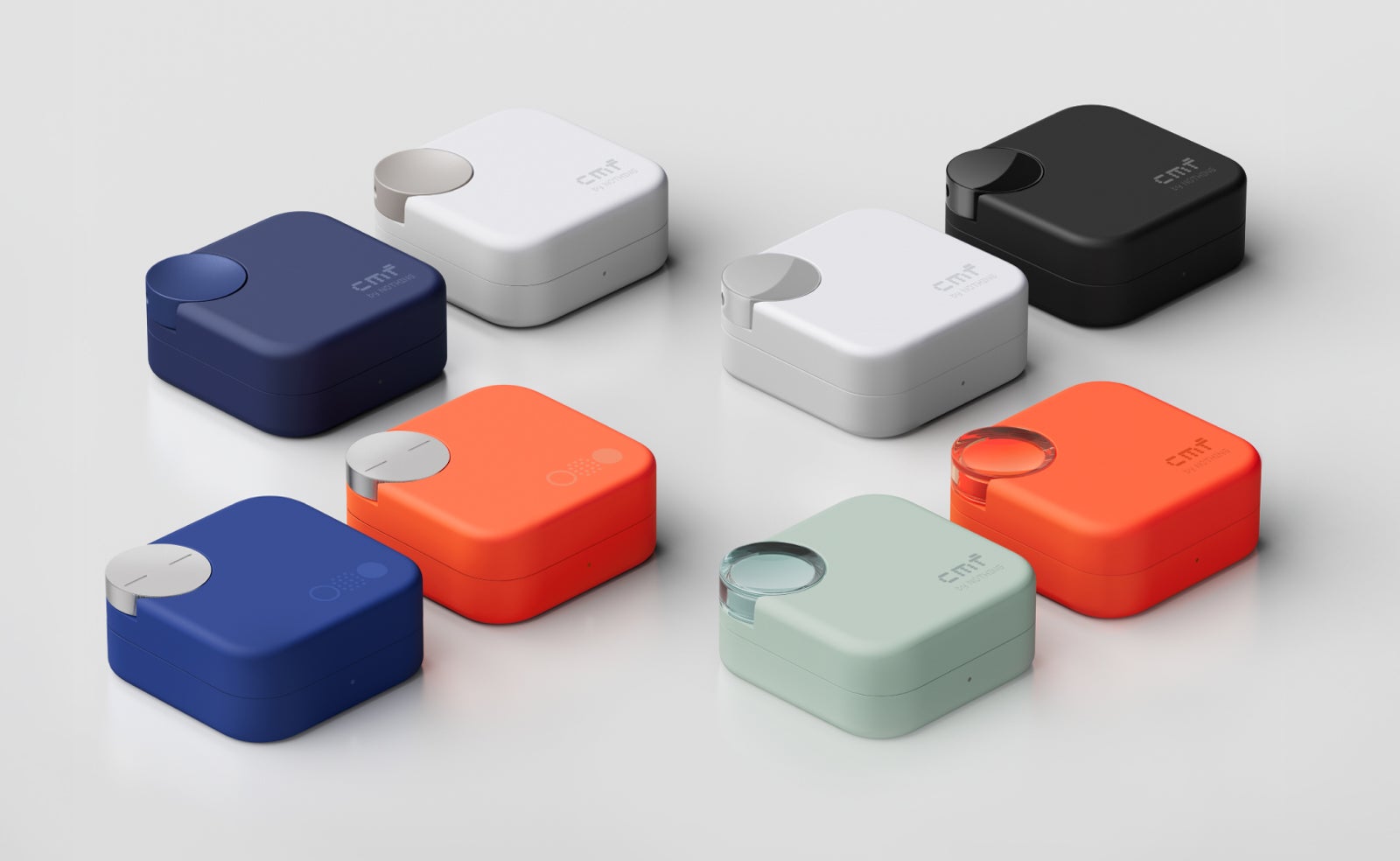
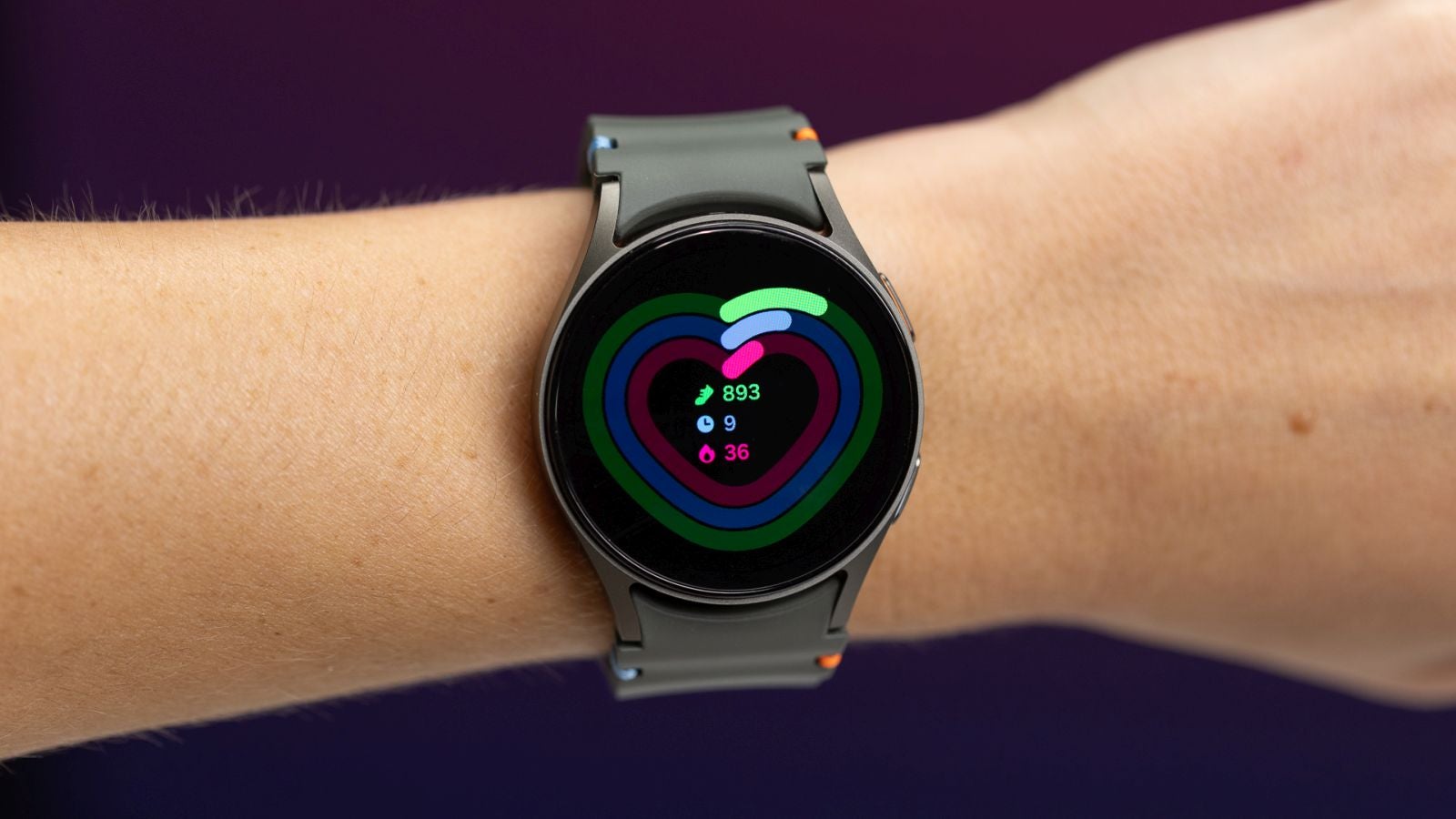
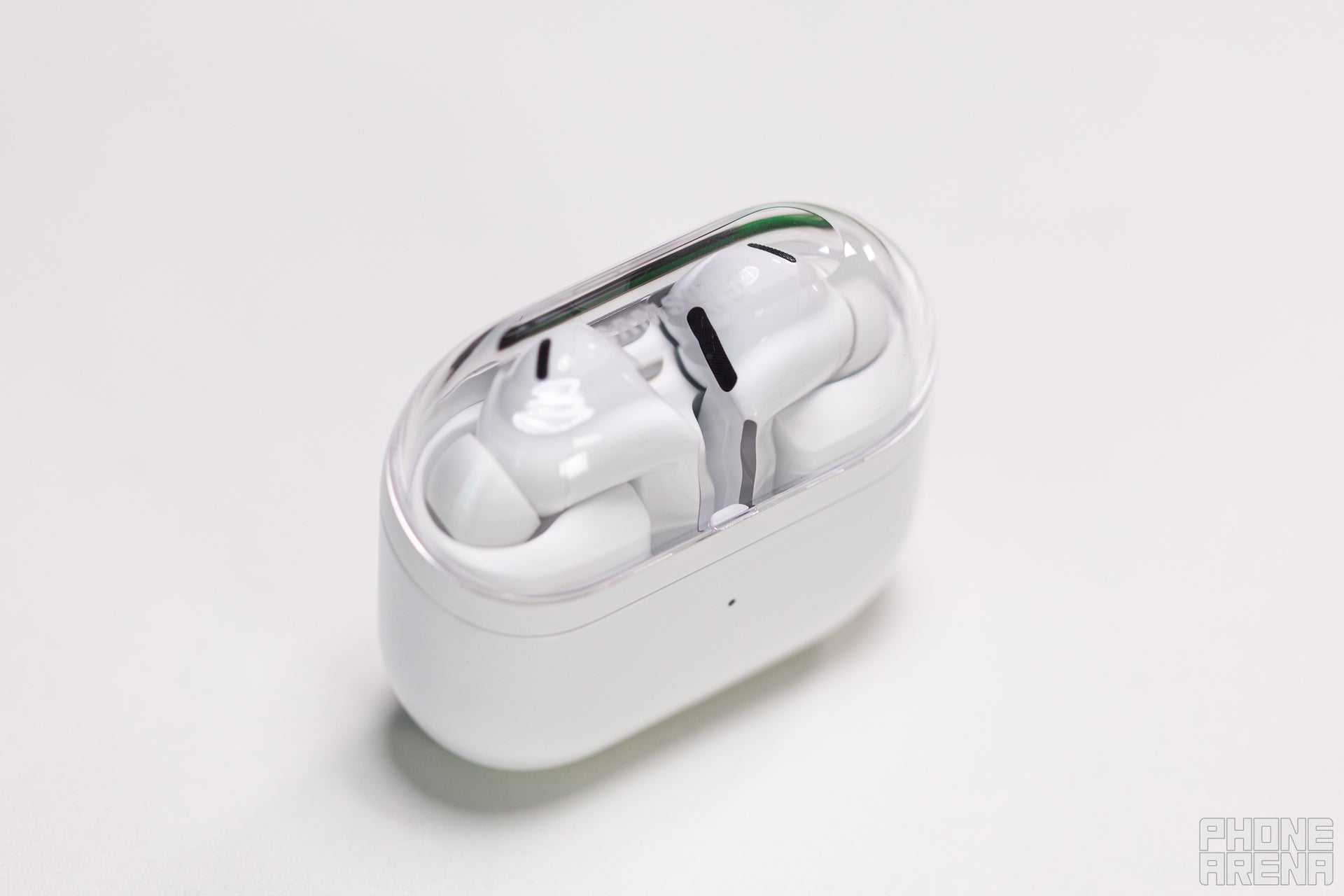
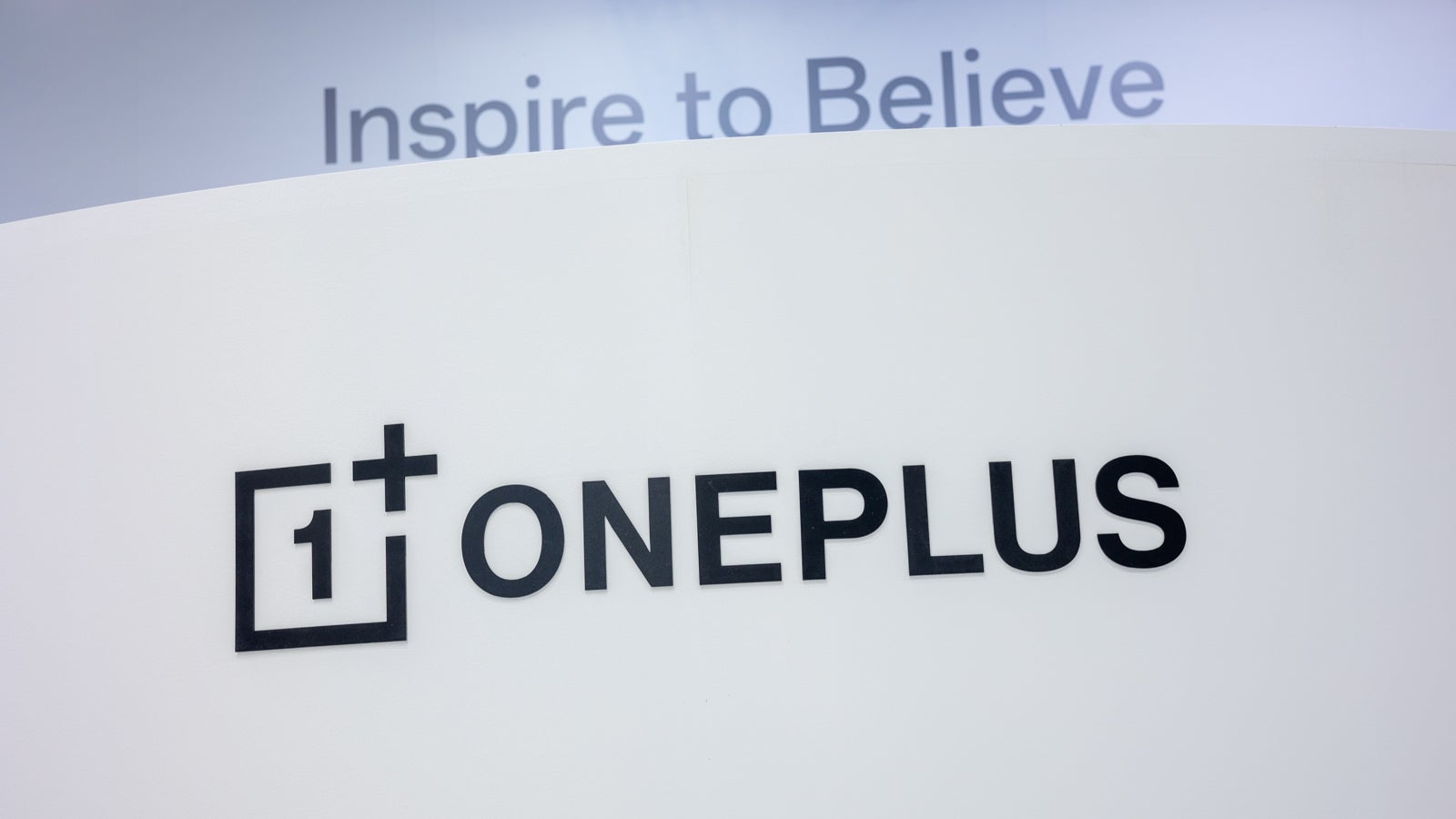





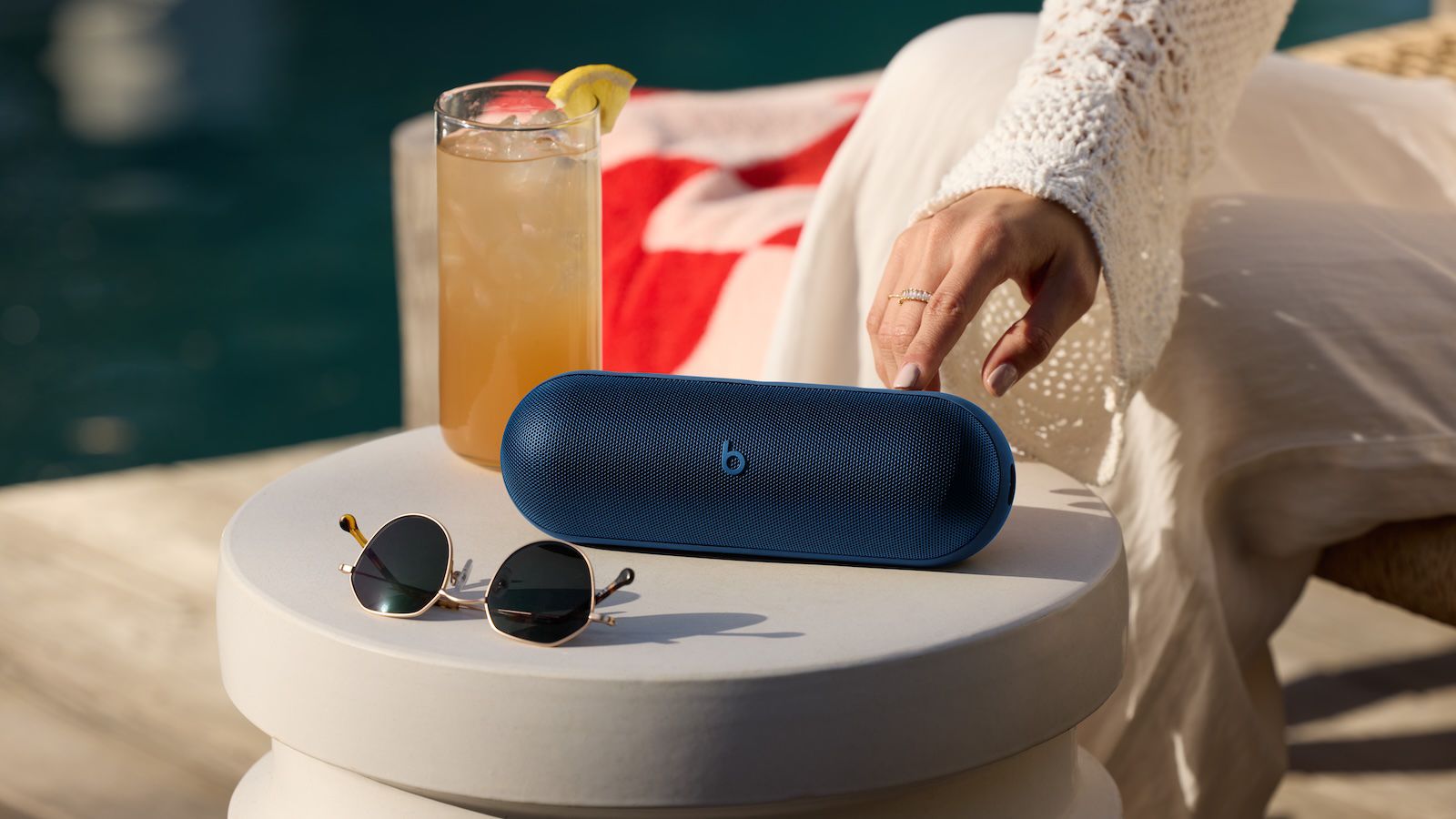

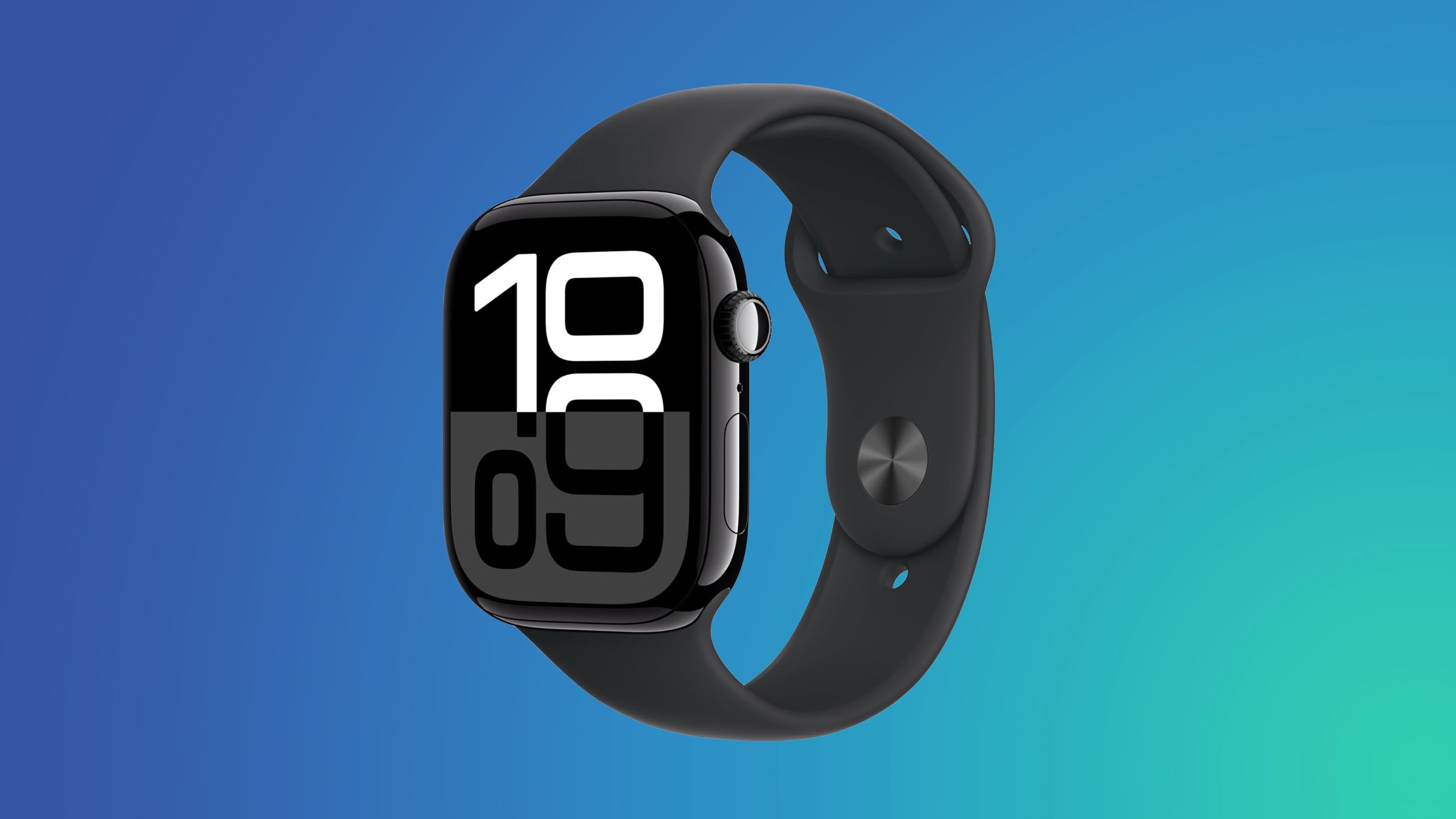
















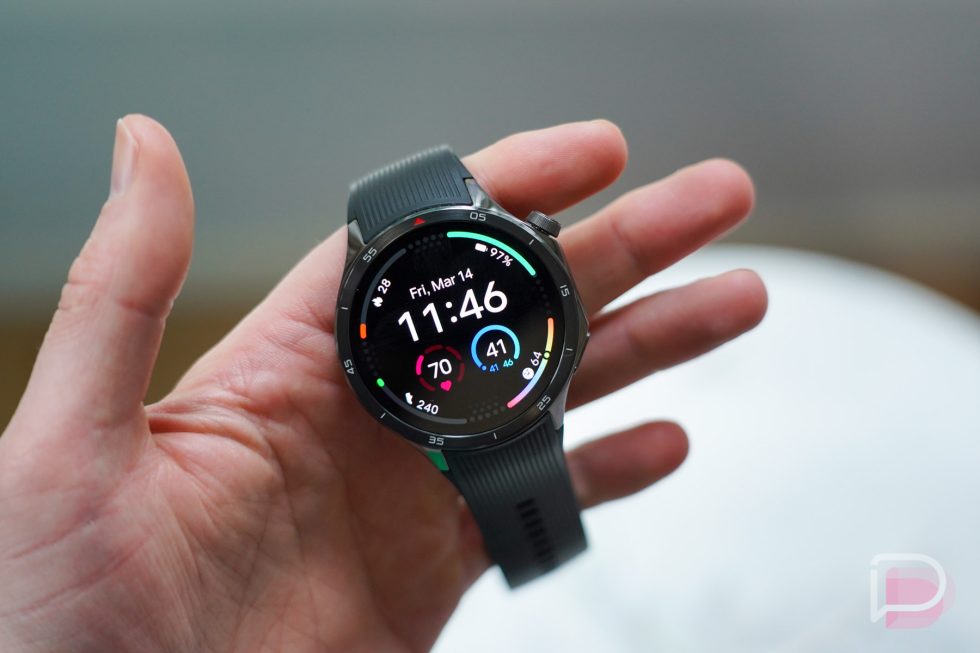


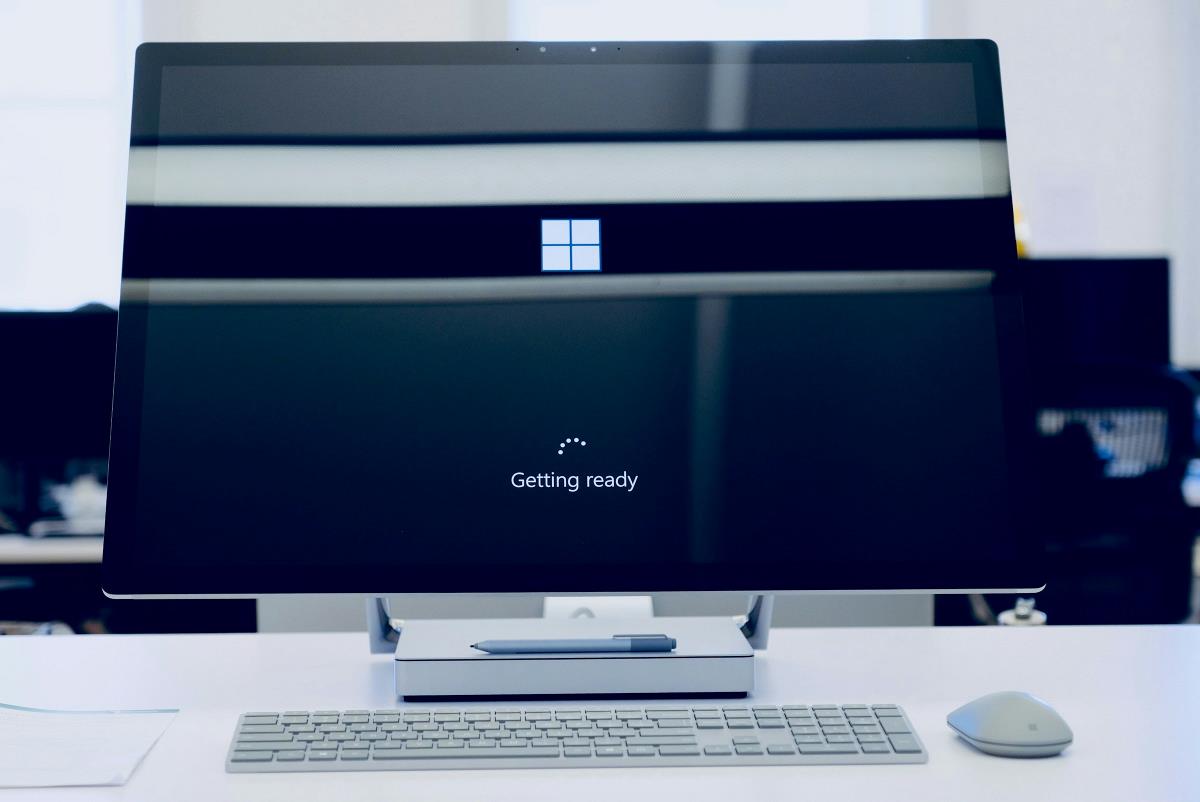
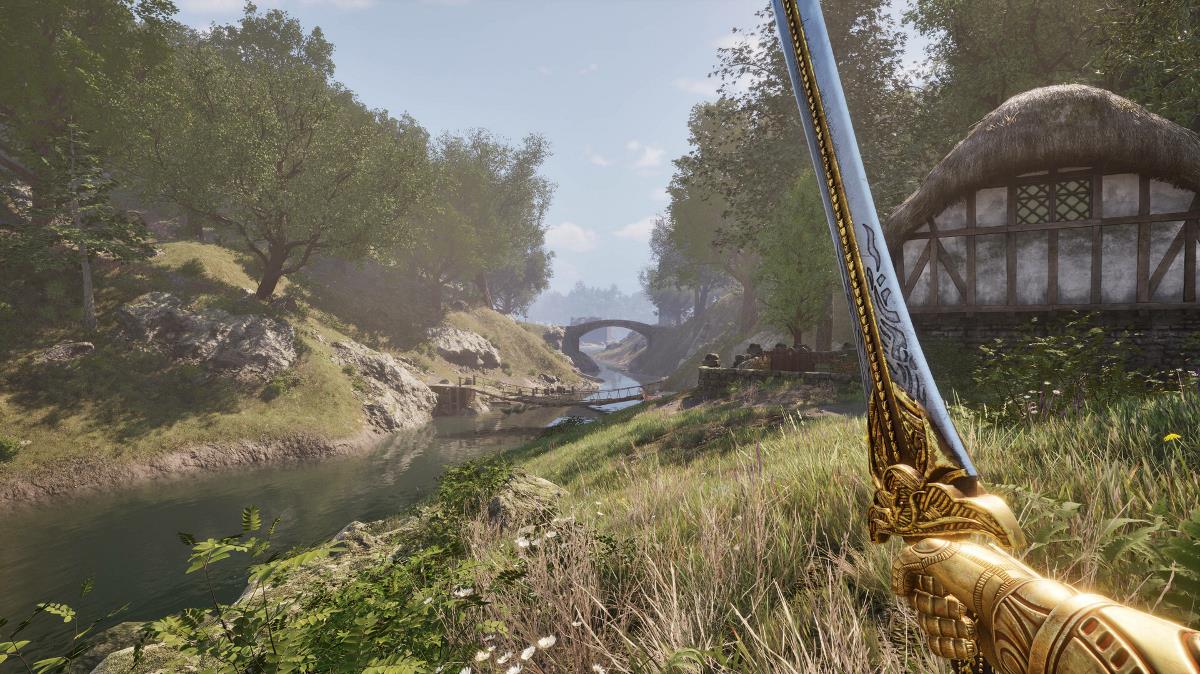
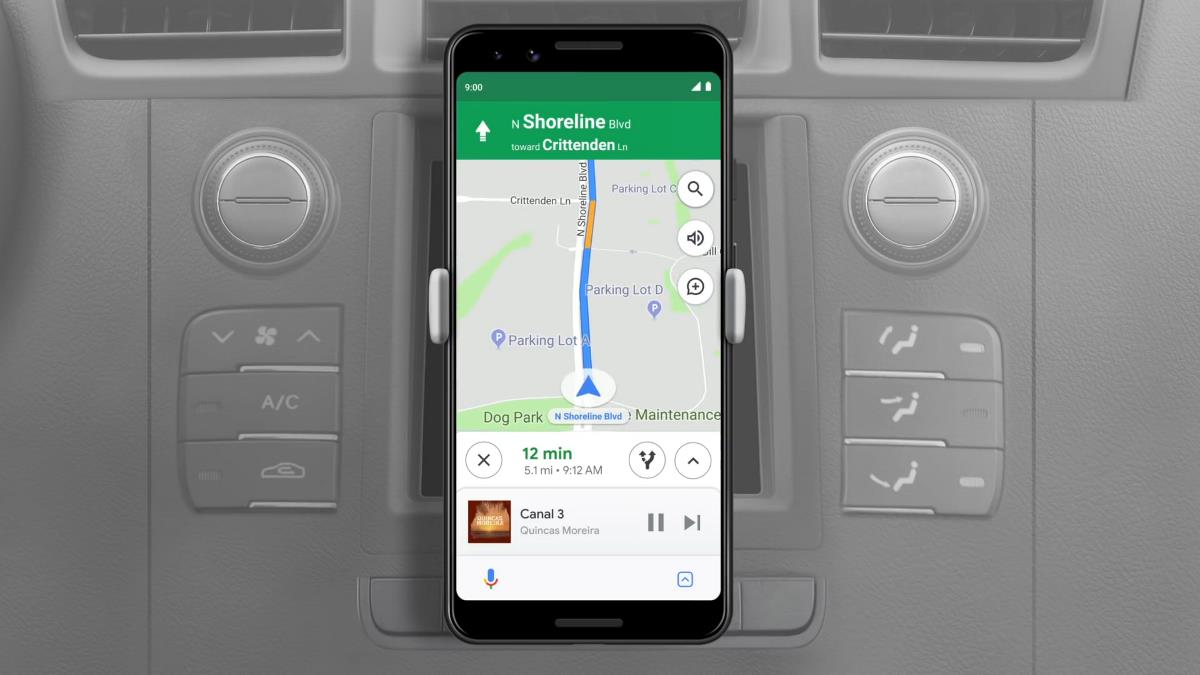
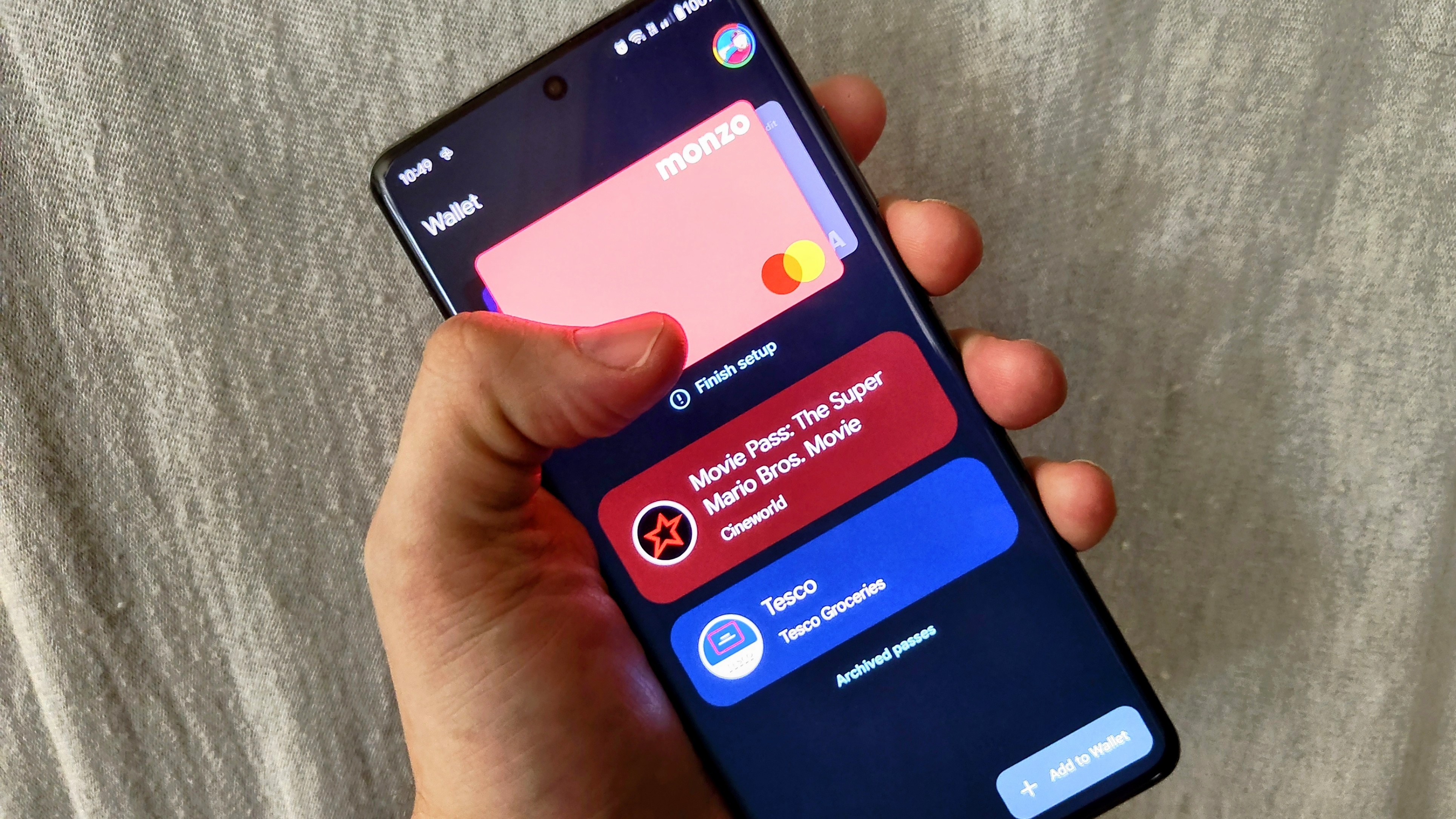
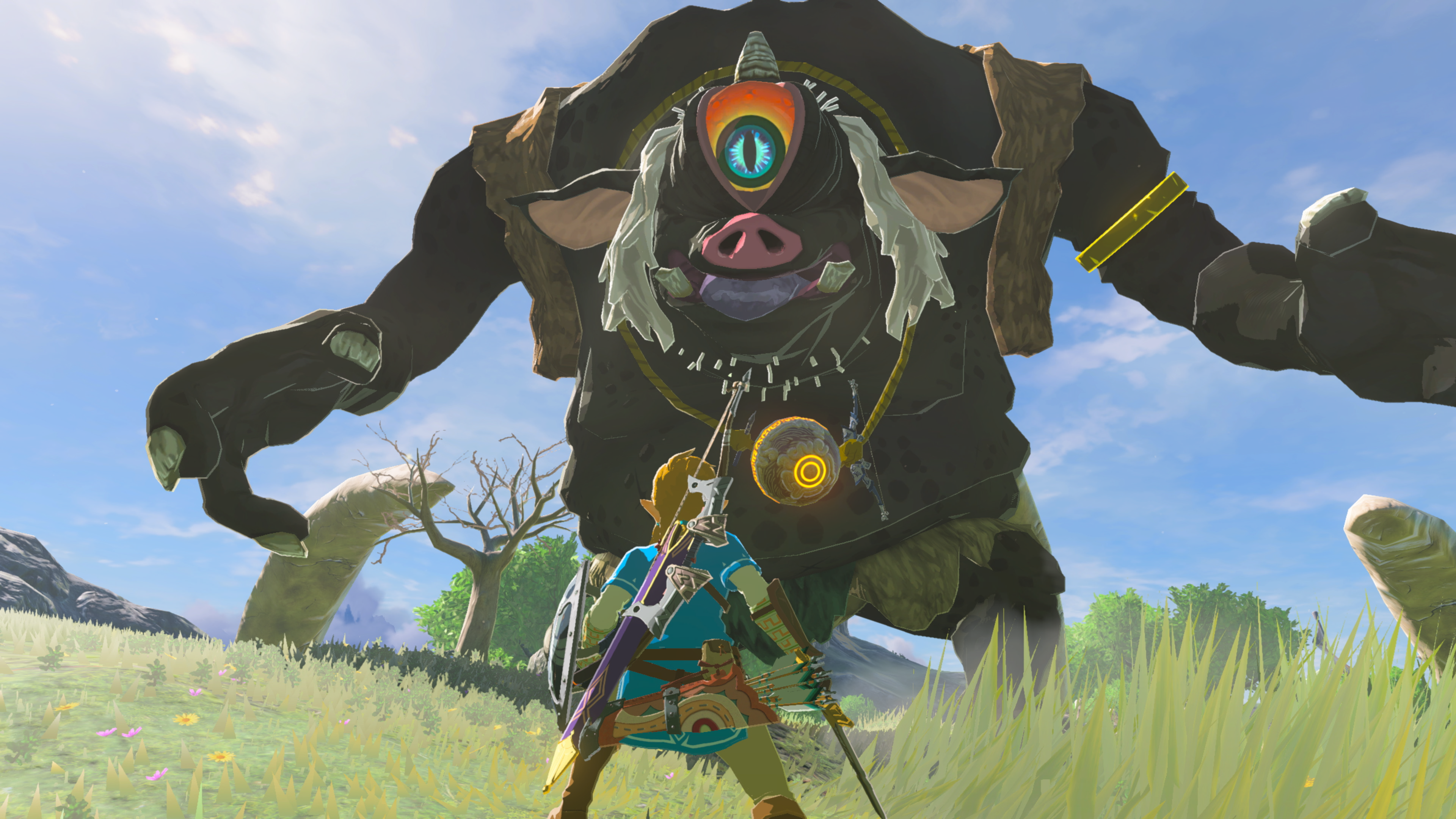

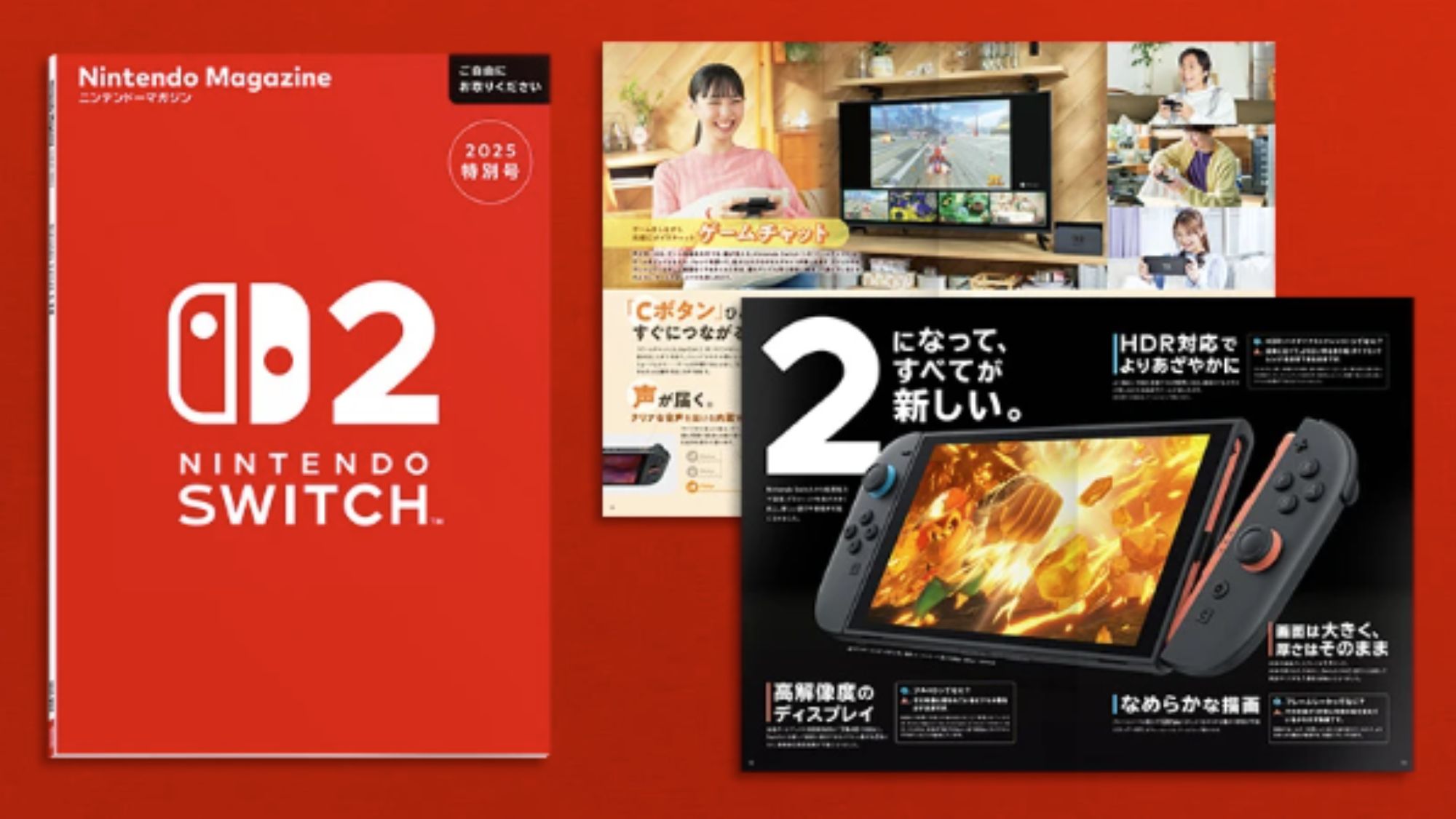
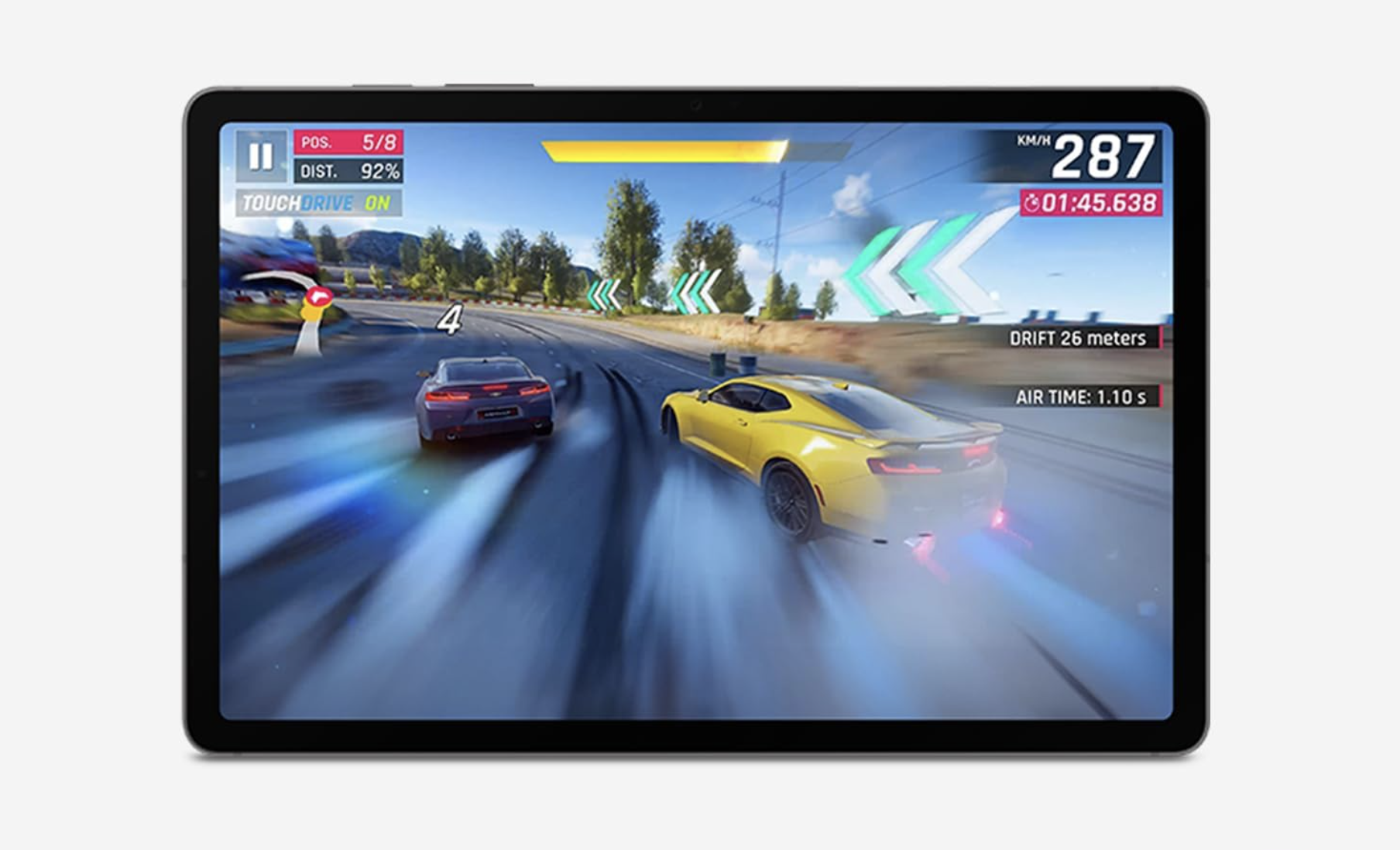


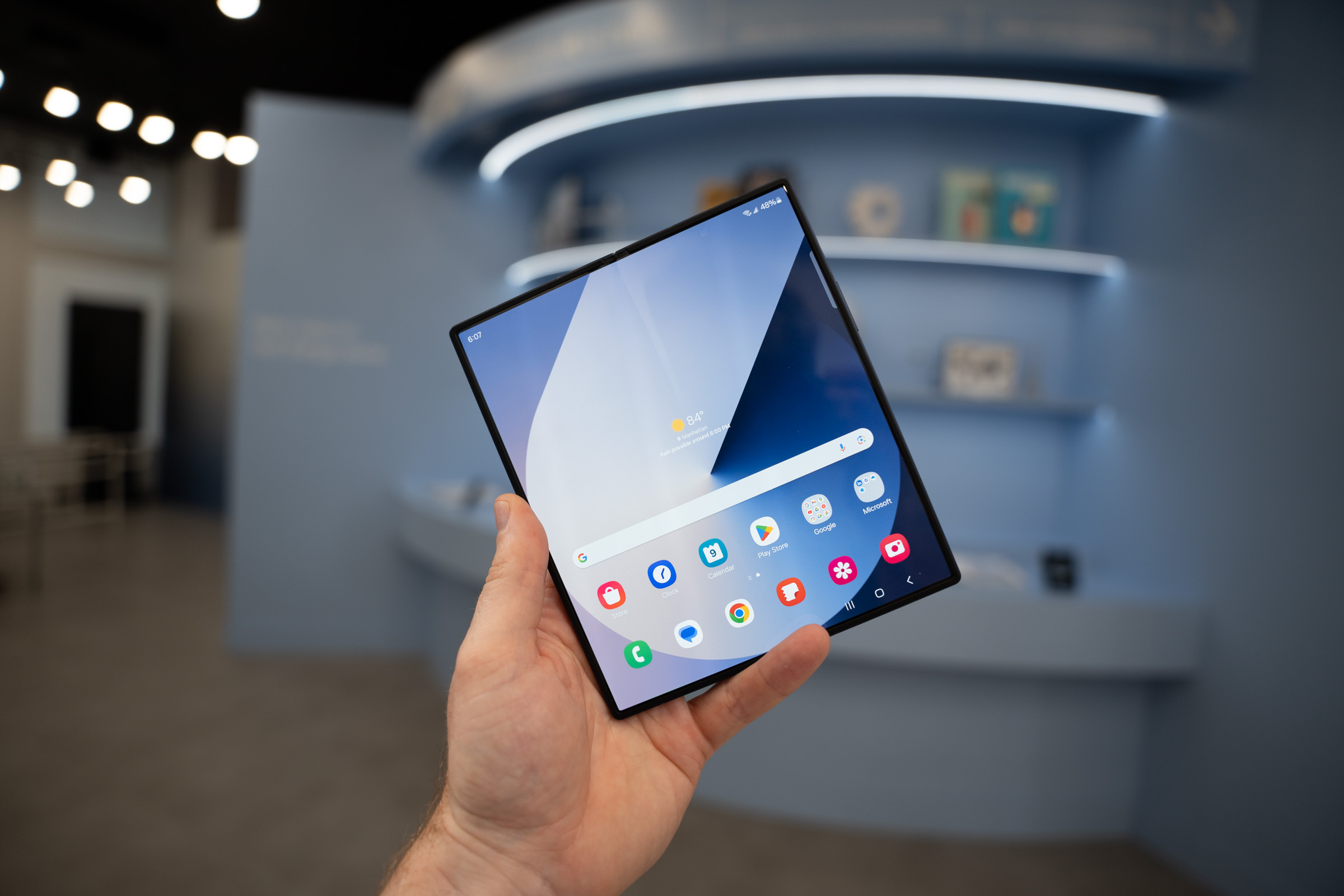












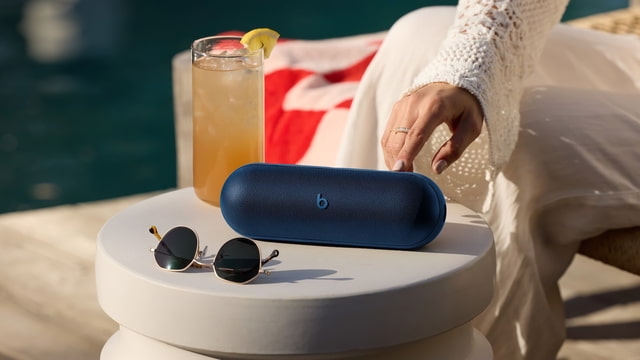
![M4 MacBook Air Drops to Just $849 - Act Fast! [Lowest Price Ever]](https://www.iclarified.com/images/news/97140/97140/97140-640.jpg)
![Apple Smart Glasses Not Close to Being Ready as Meta Targets 2025 [Gurman]](https://www.iclarified.com/images/news/97139/97139/97139-640.jpg)
![iPadOS 19 May Introduce Menu Bar, iOS 19 to Support External Displays [Rumor]](https://www.iclarified.com/images/news/97137/97137/97137-640.jpg)
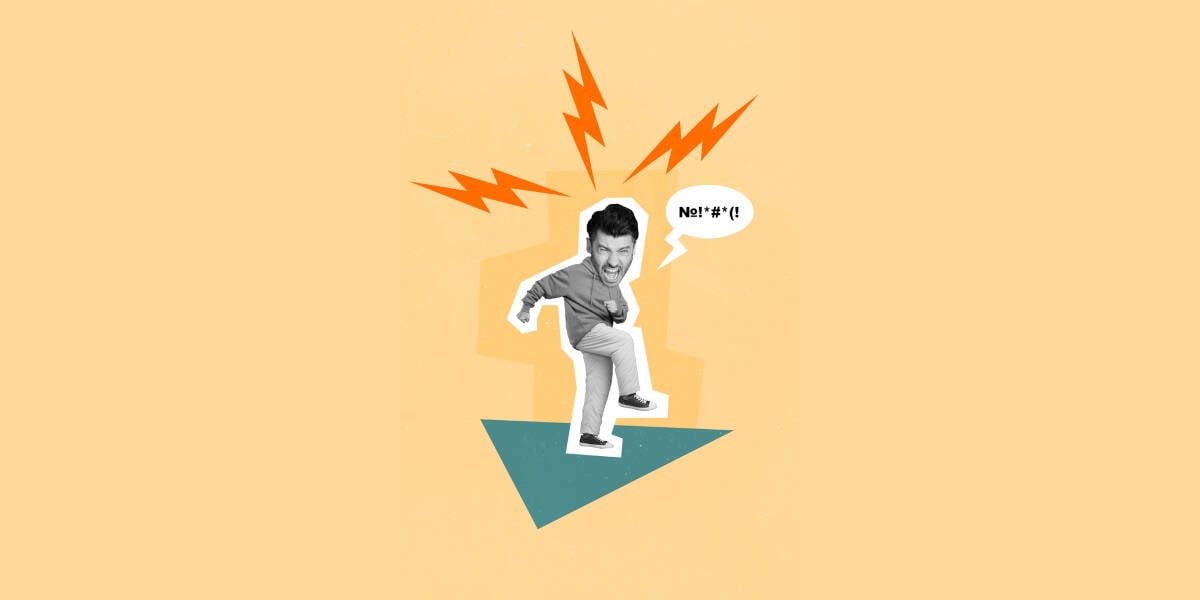

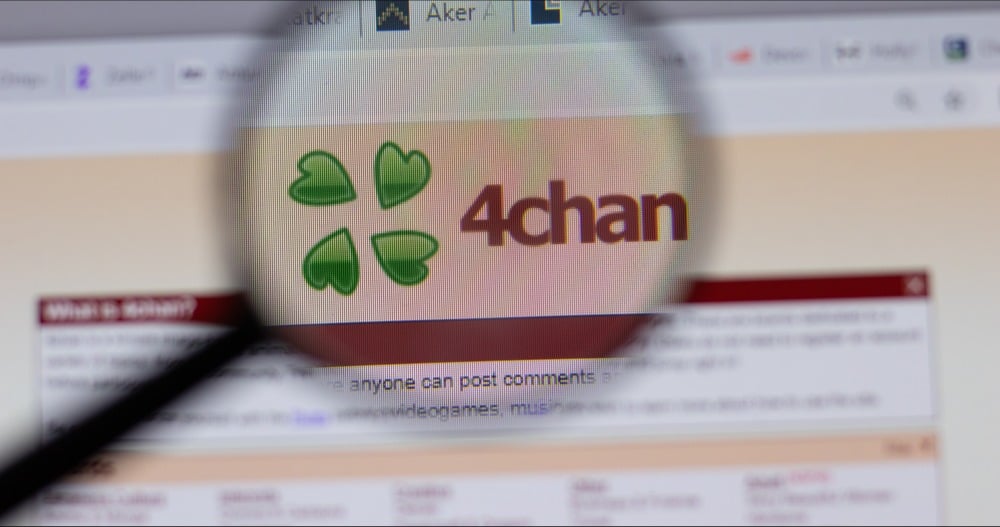








![What Google Messages features are rolling out [April 2025]](https://i0.wp.com/9to5google.com/wp-content/uploads/sites/4/2023/12/google-messages-name-cover.png?resize=1200%2C628&quality=82&strip=all&ssl=1)




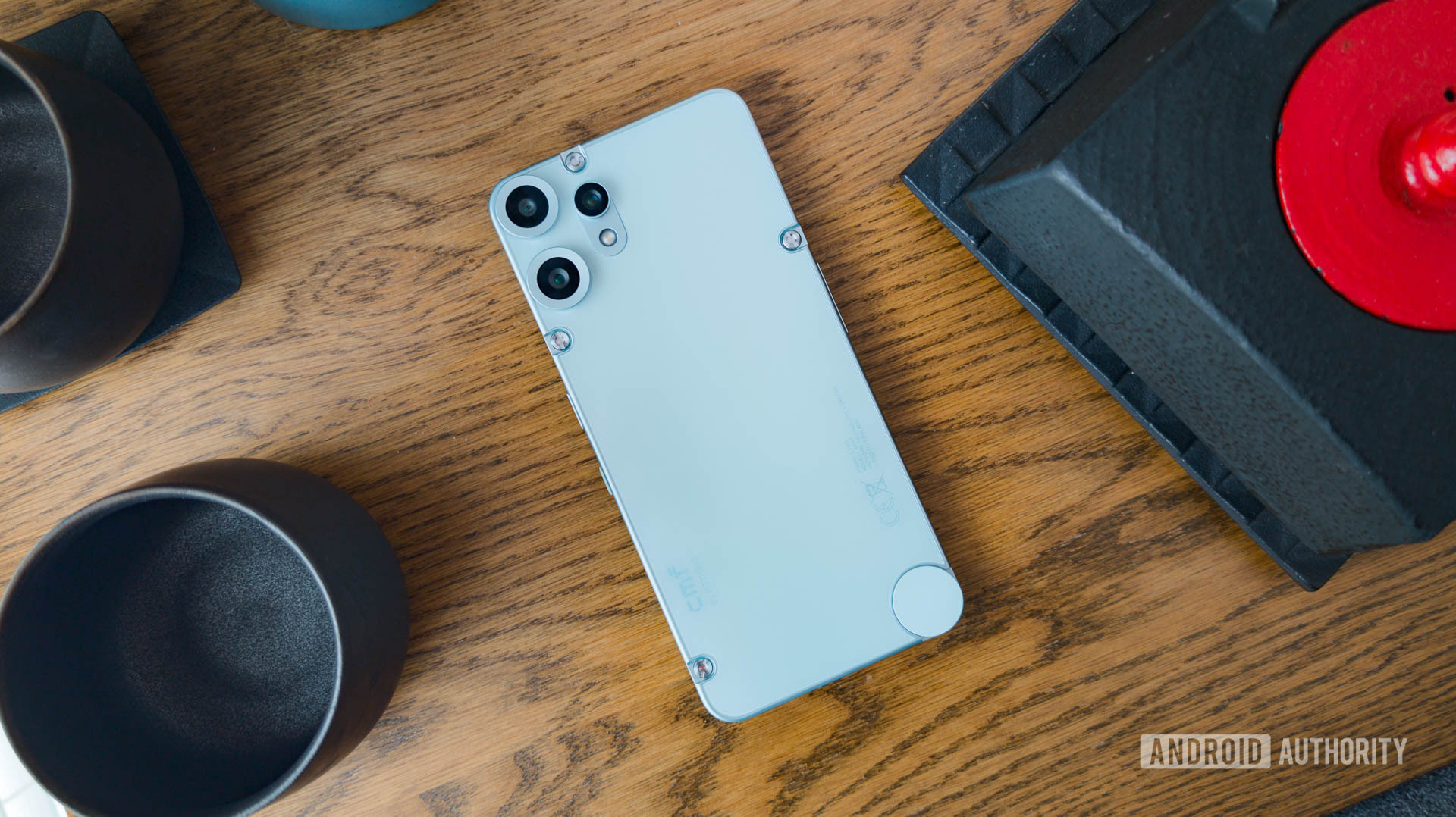
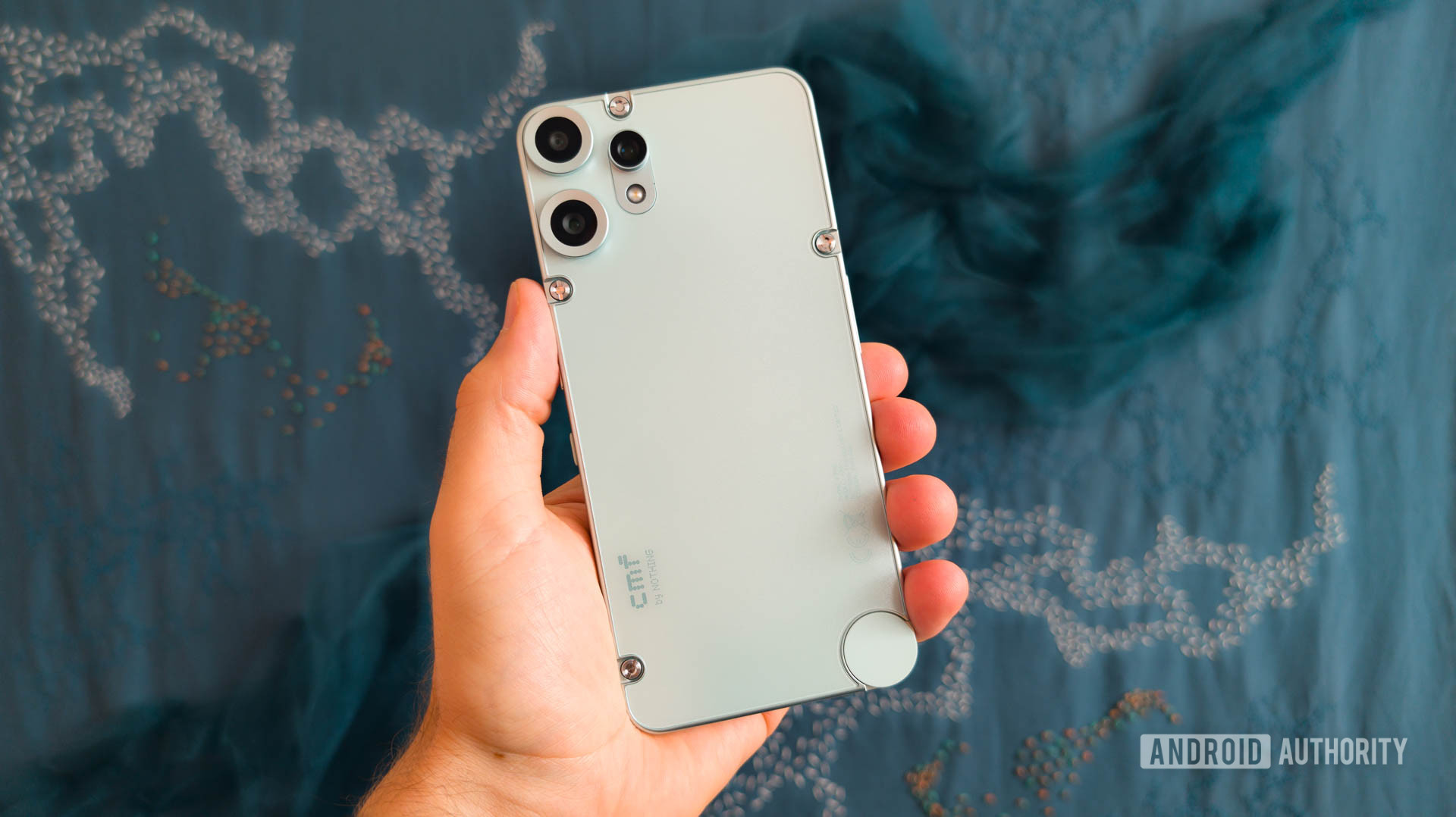
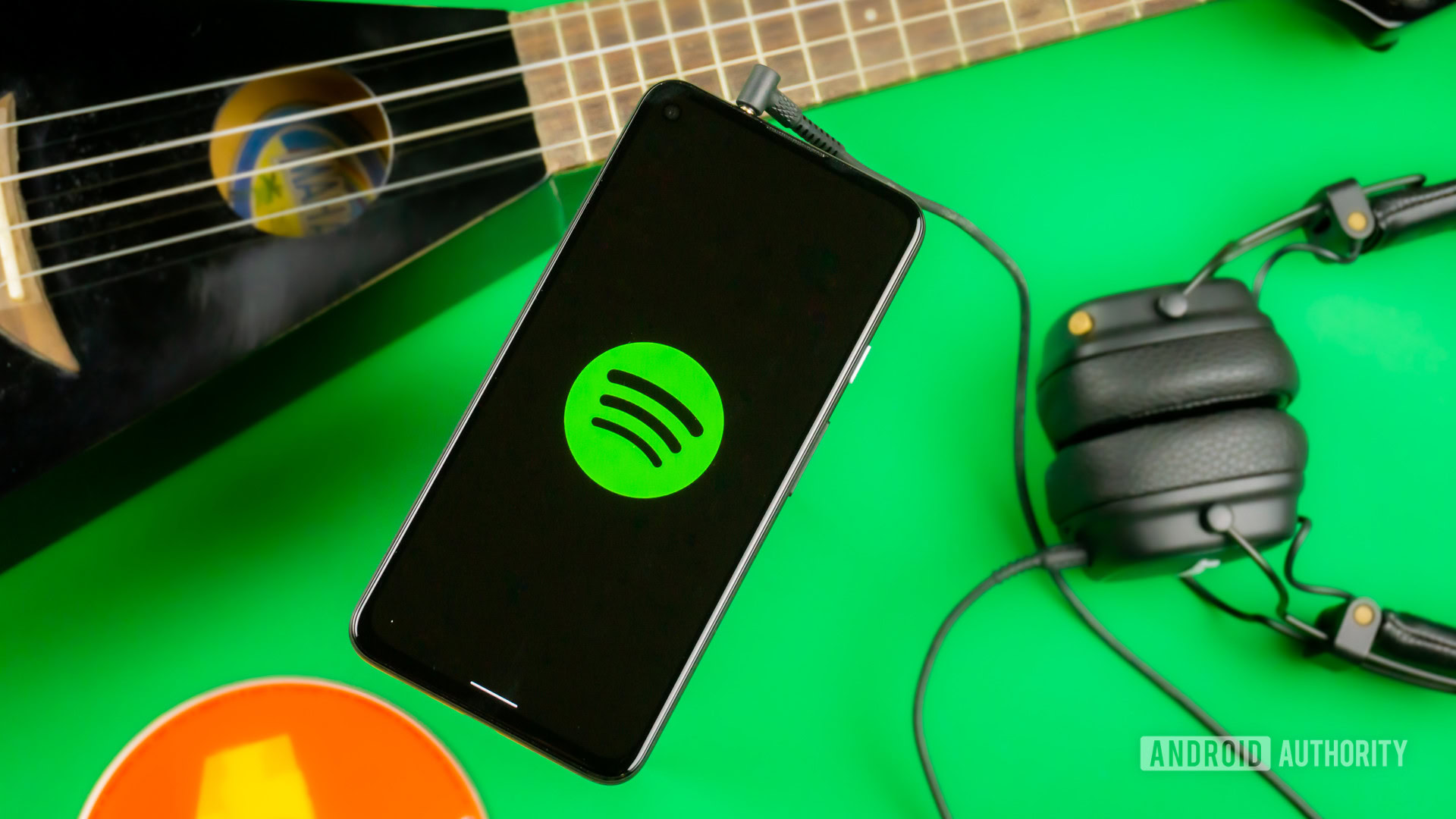
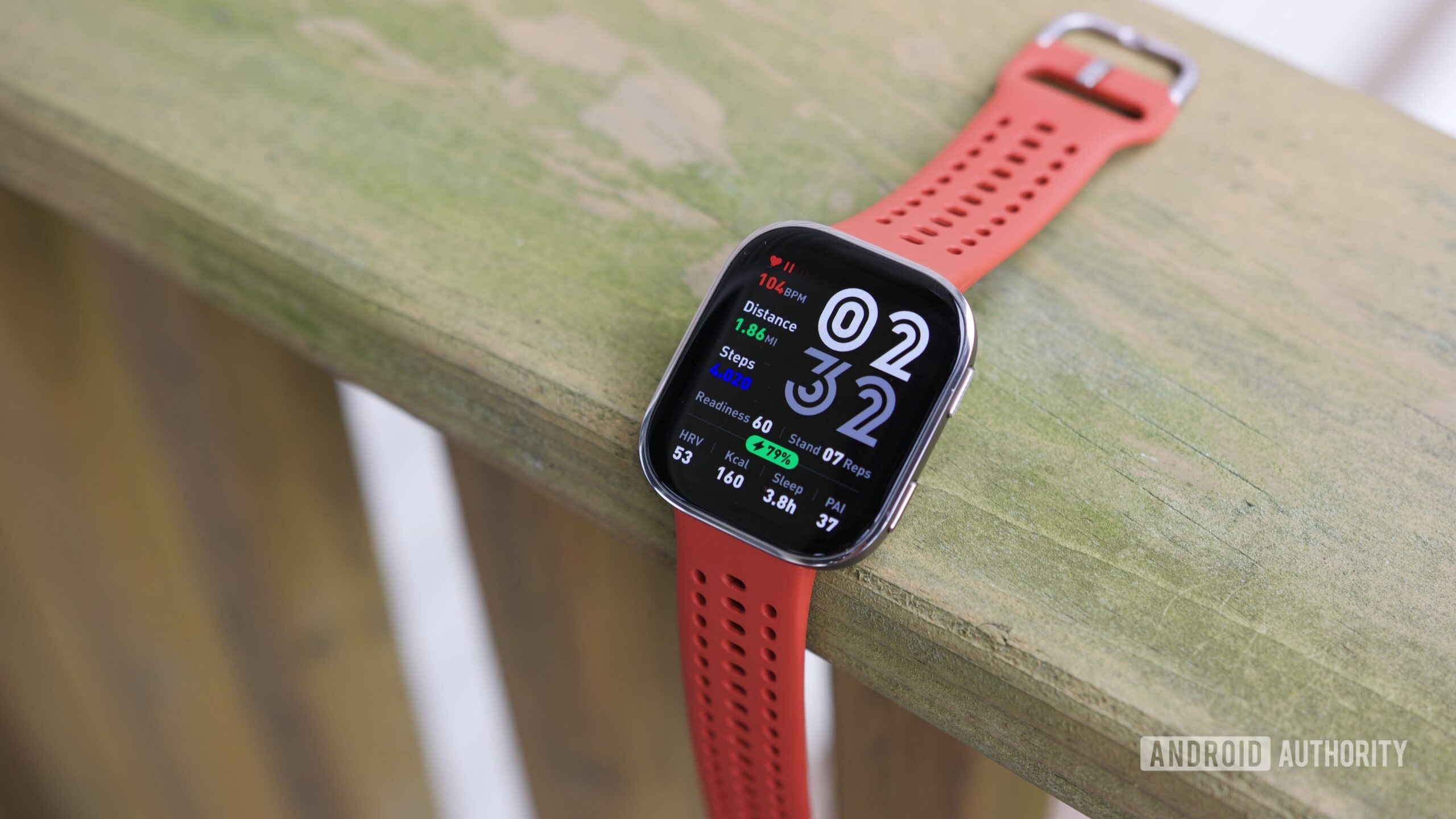
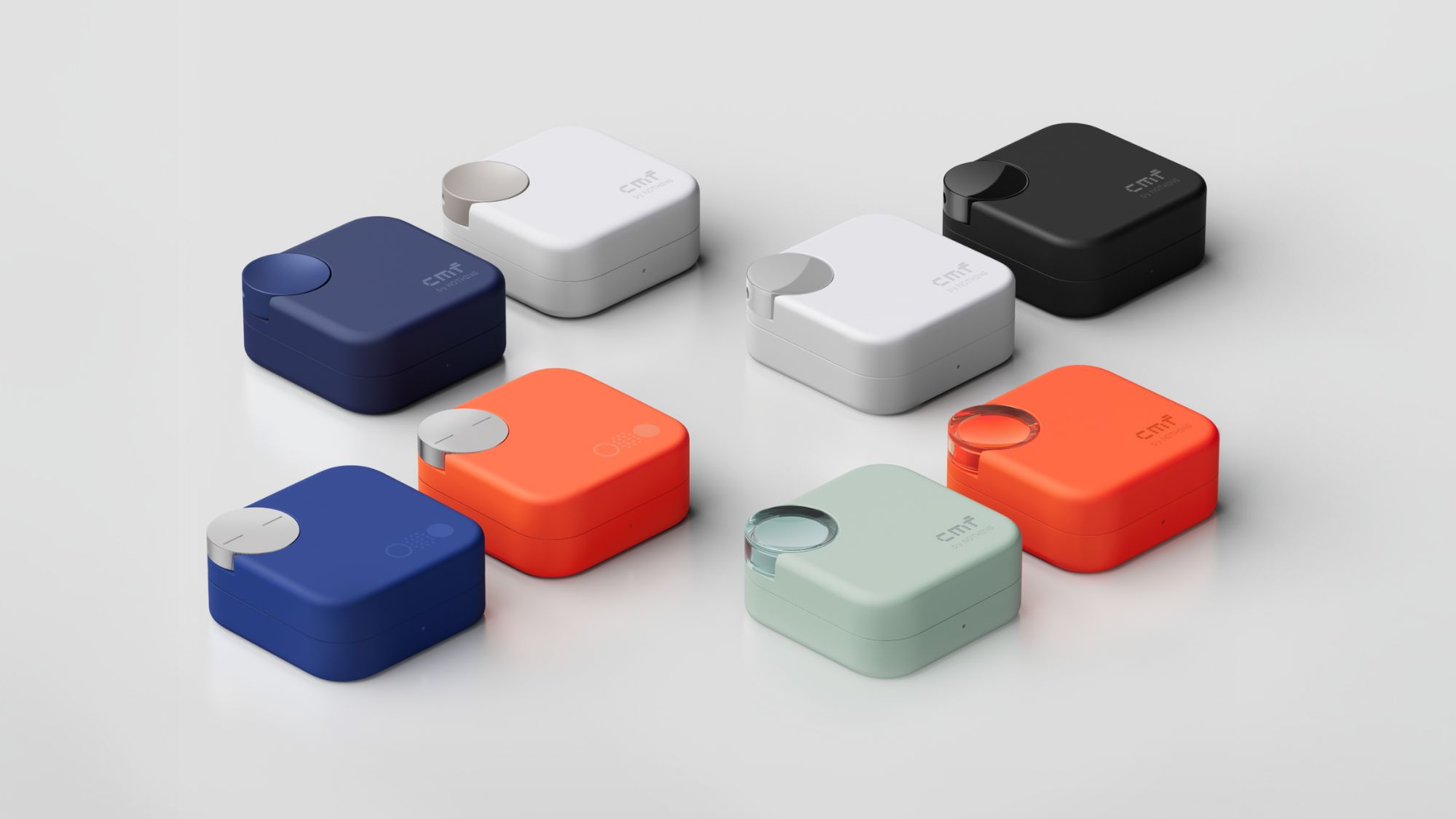

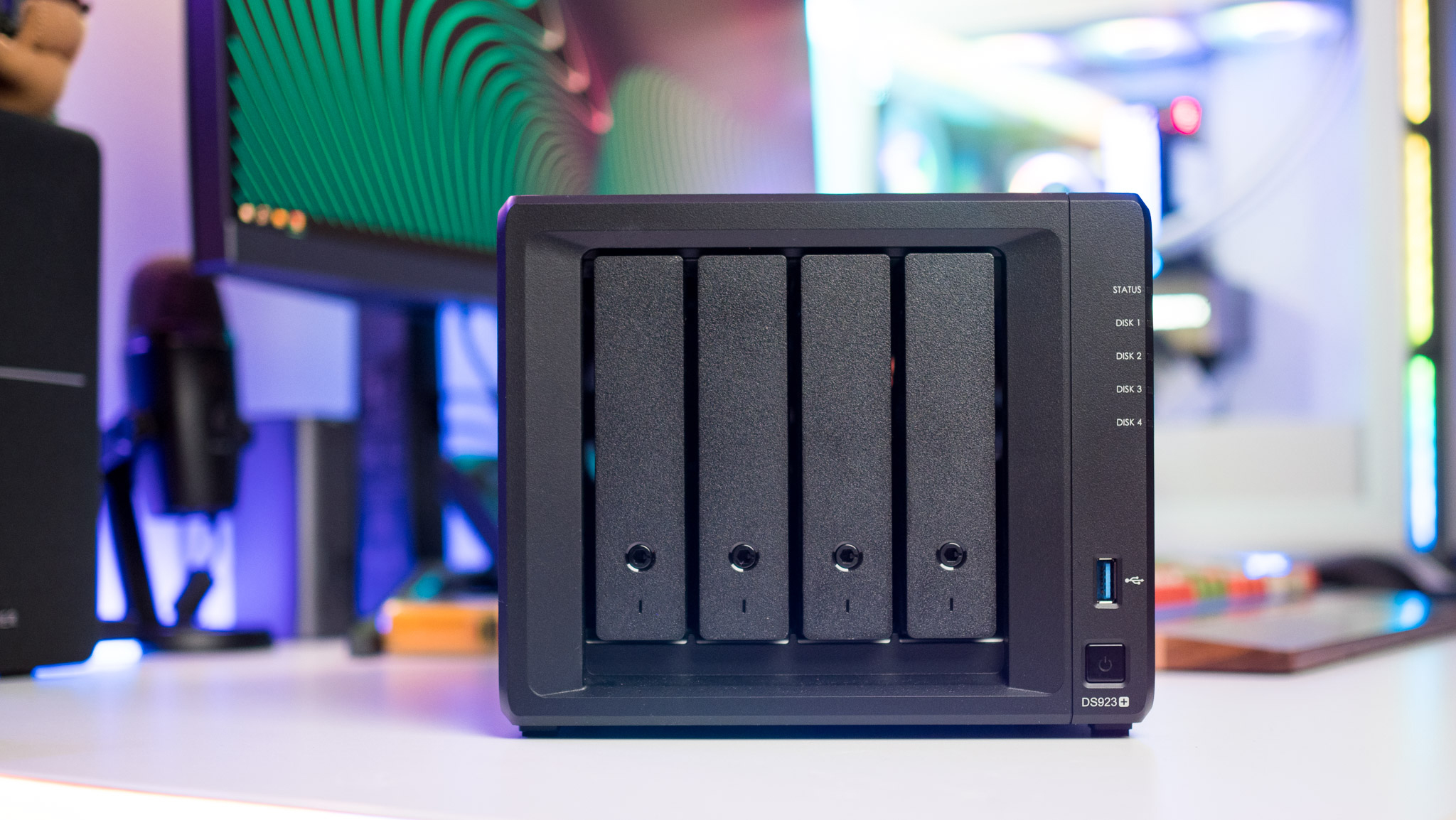
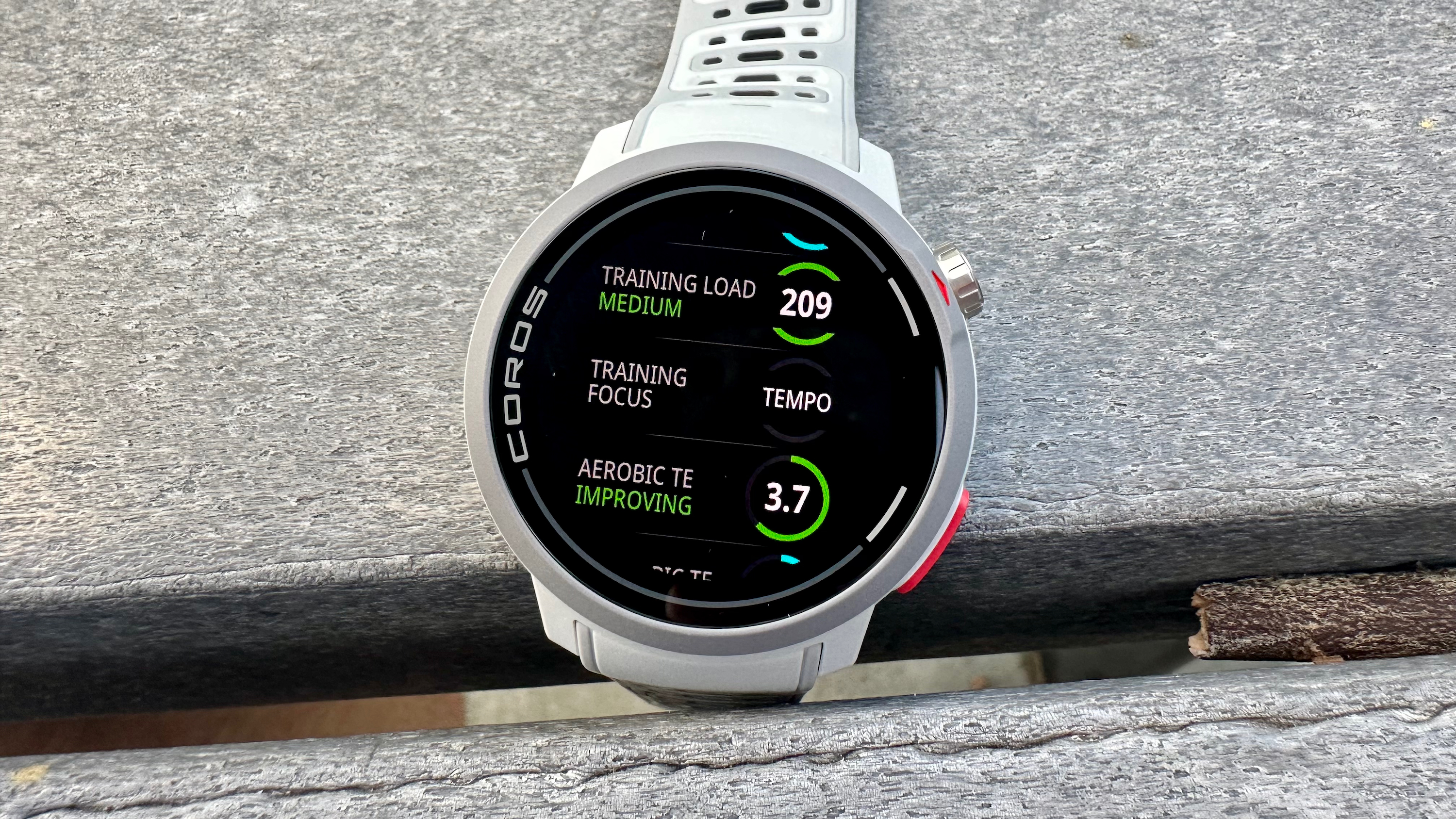
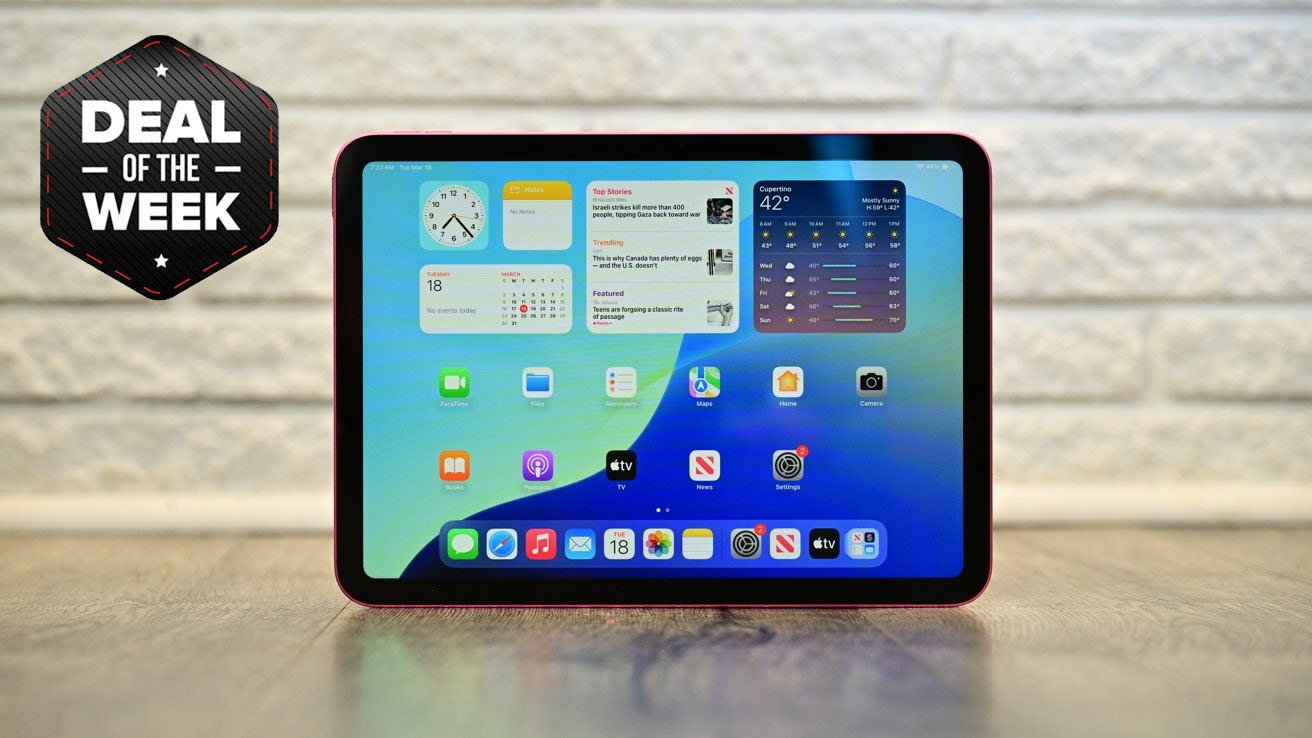
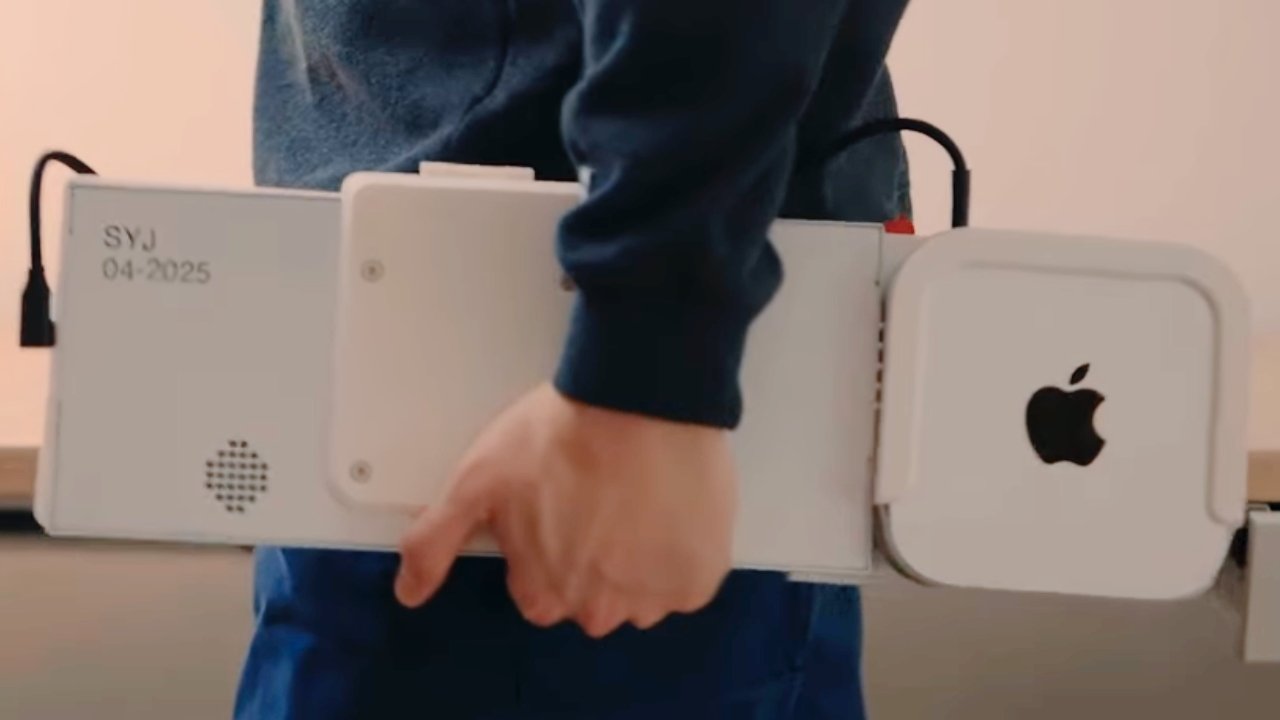

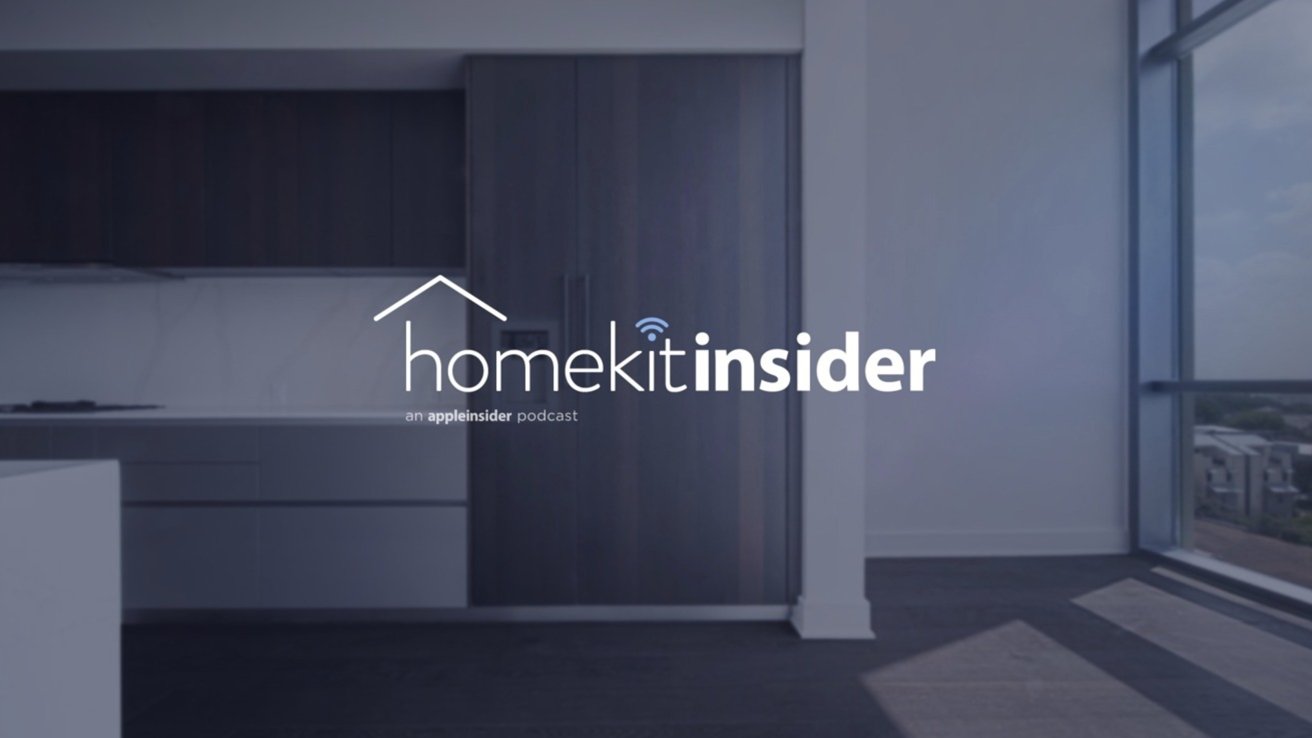

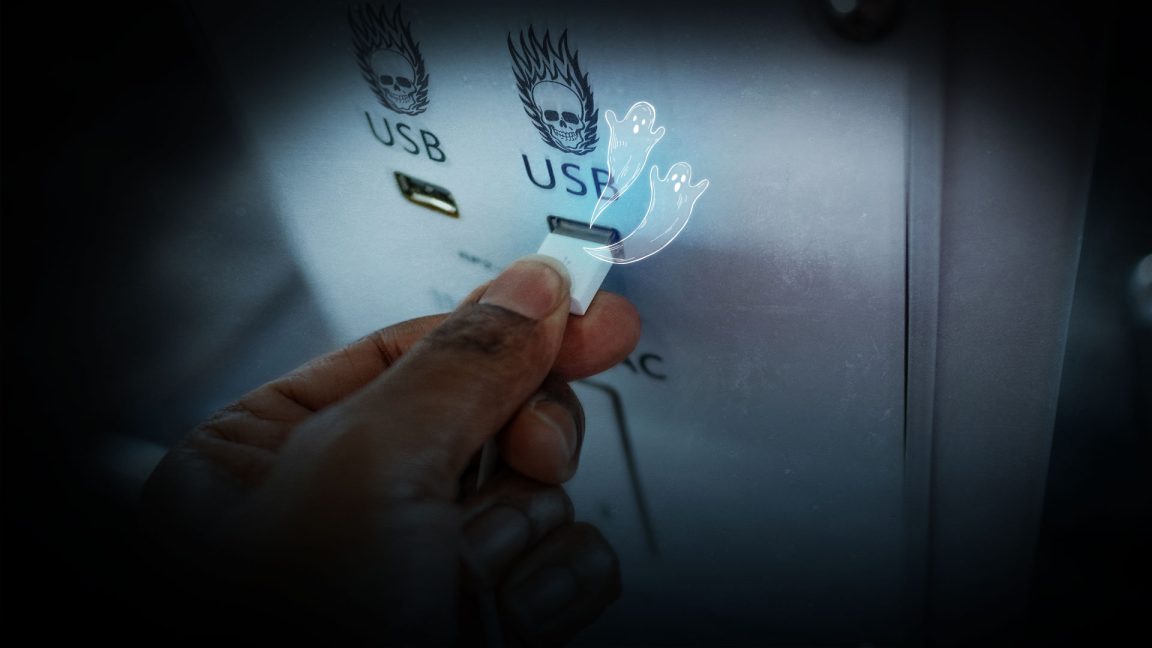
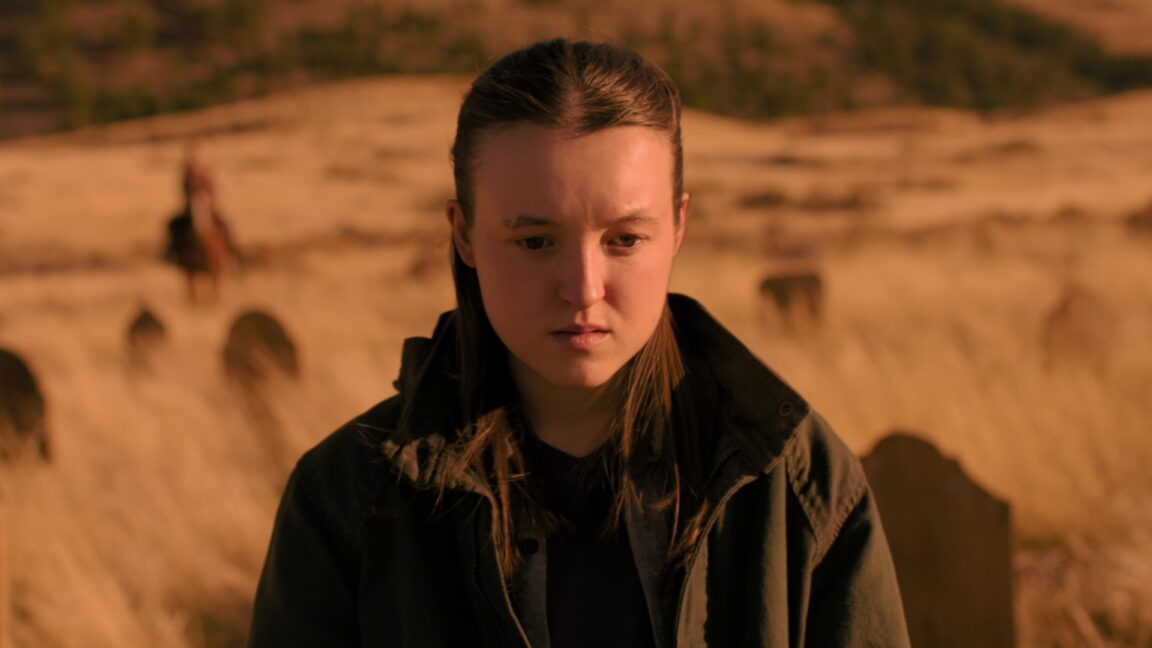




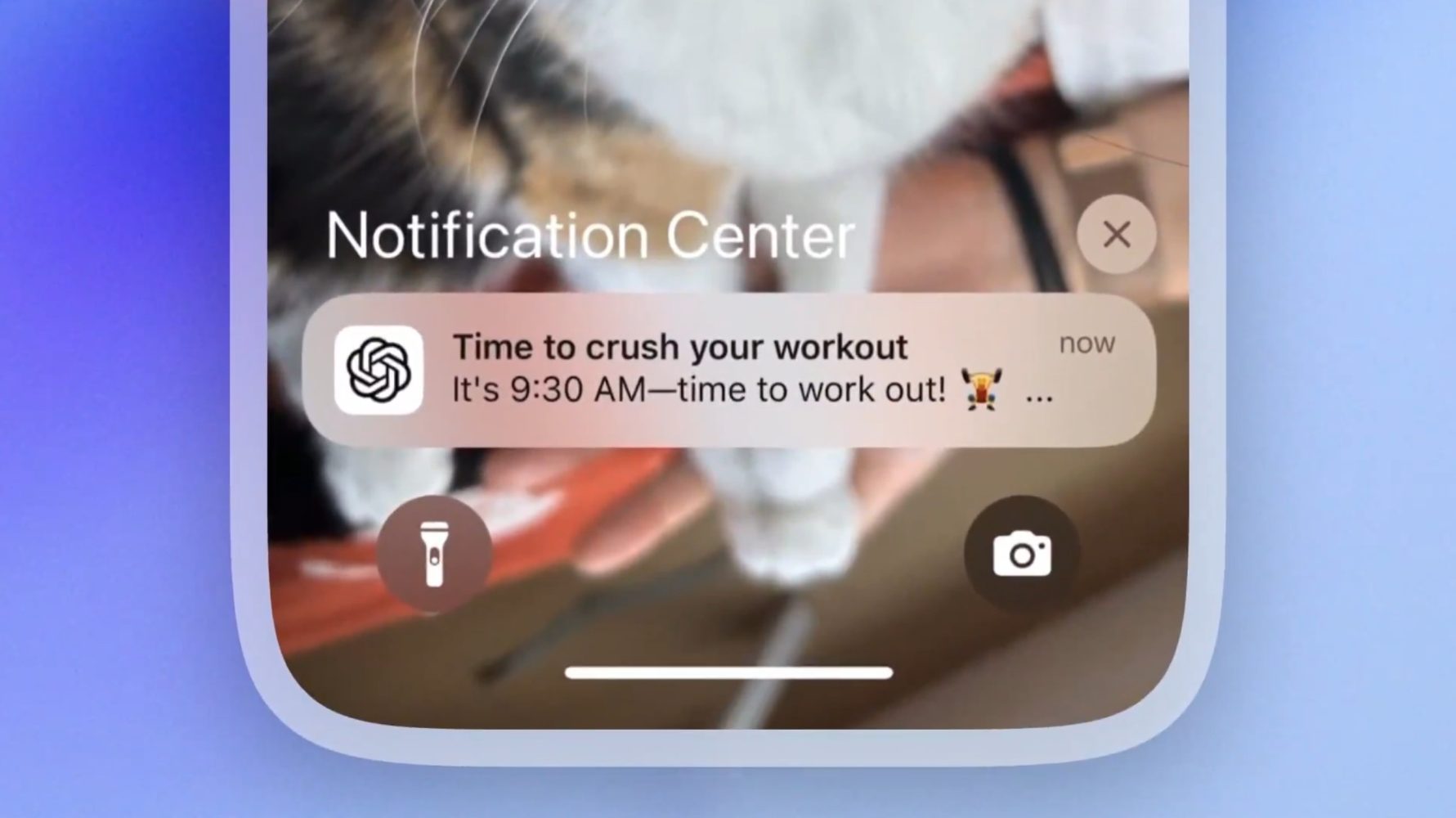

















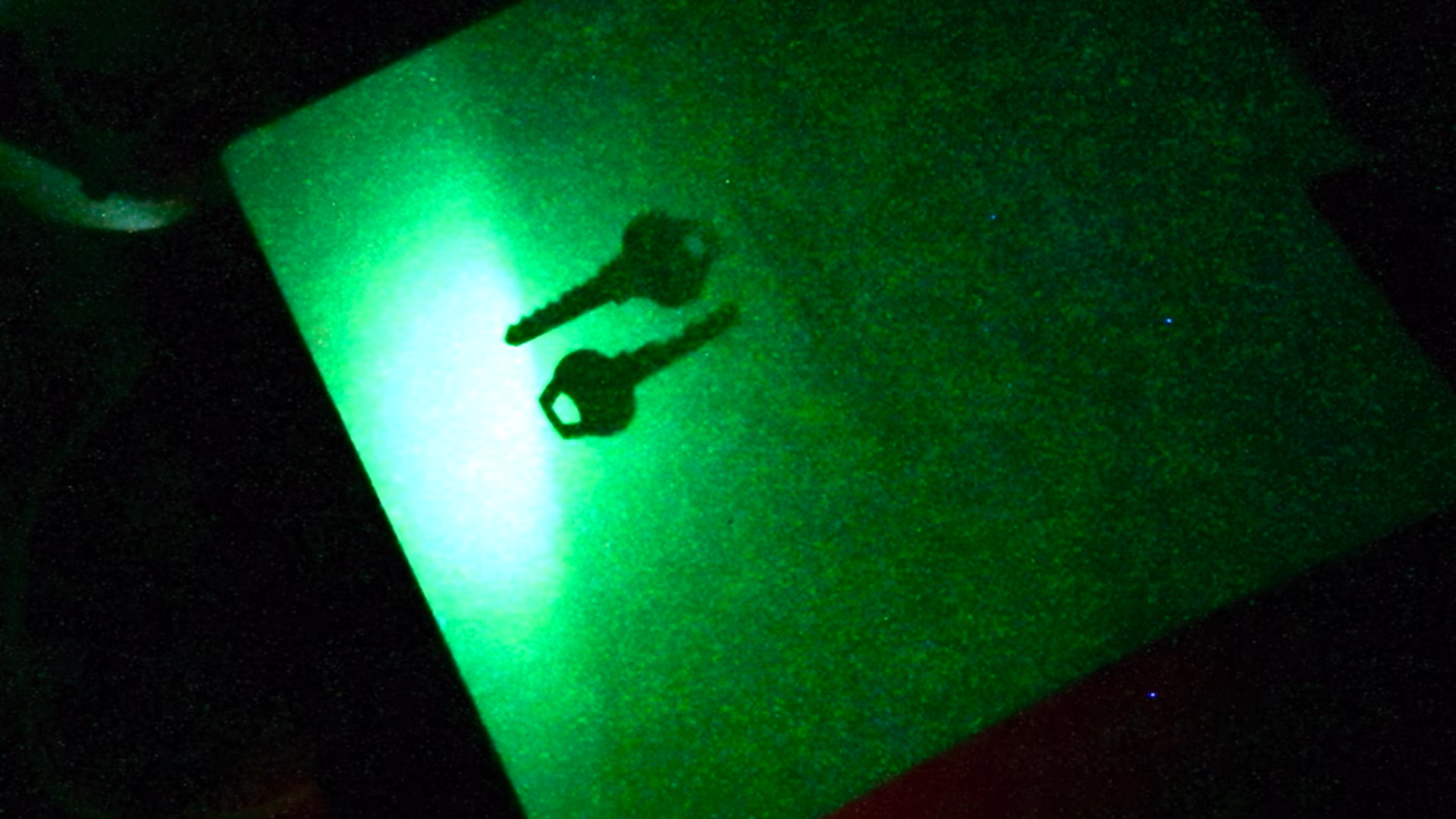
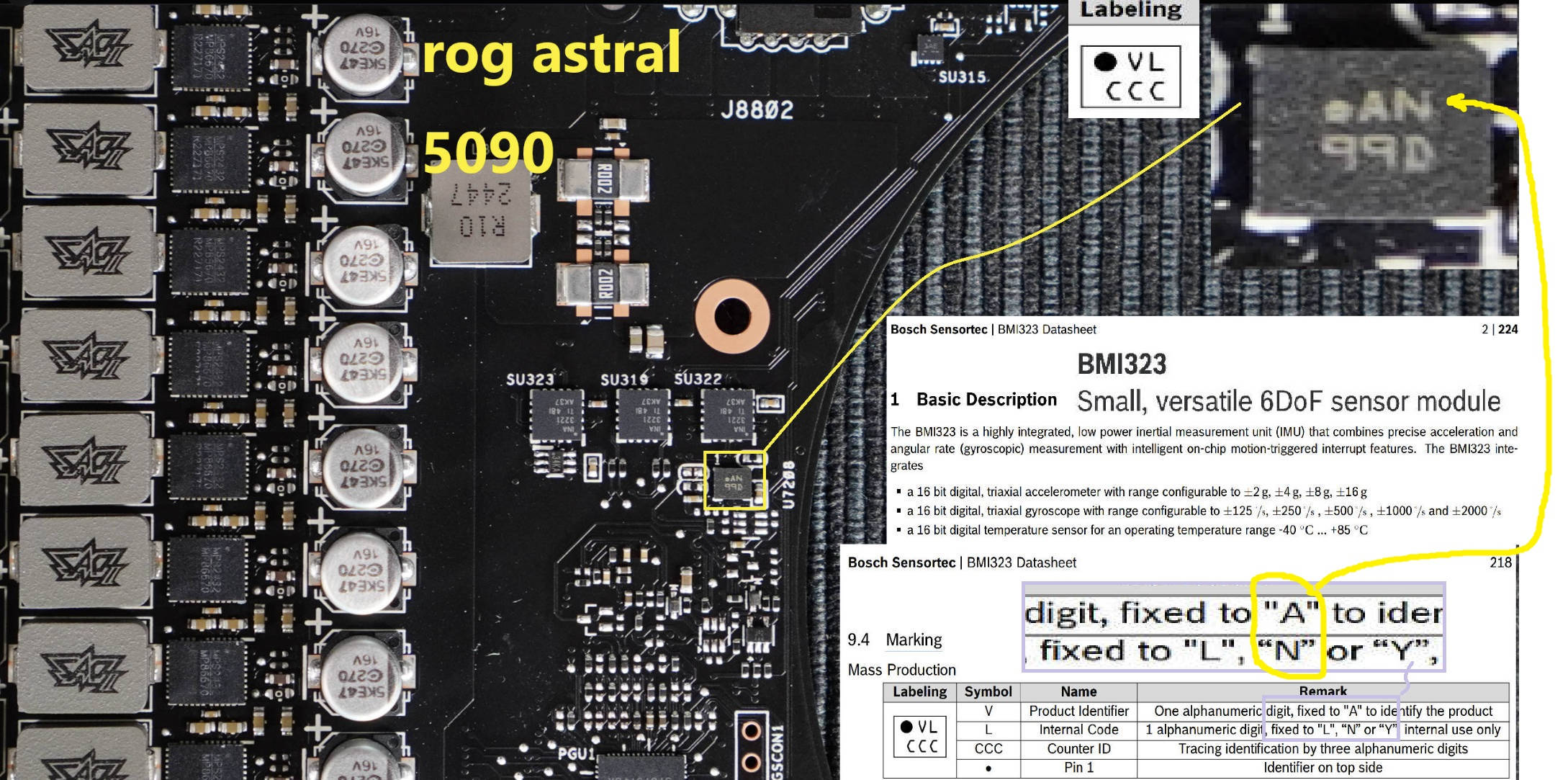
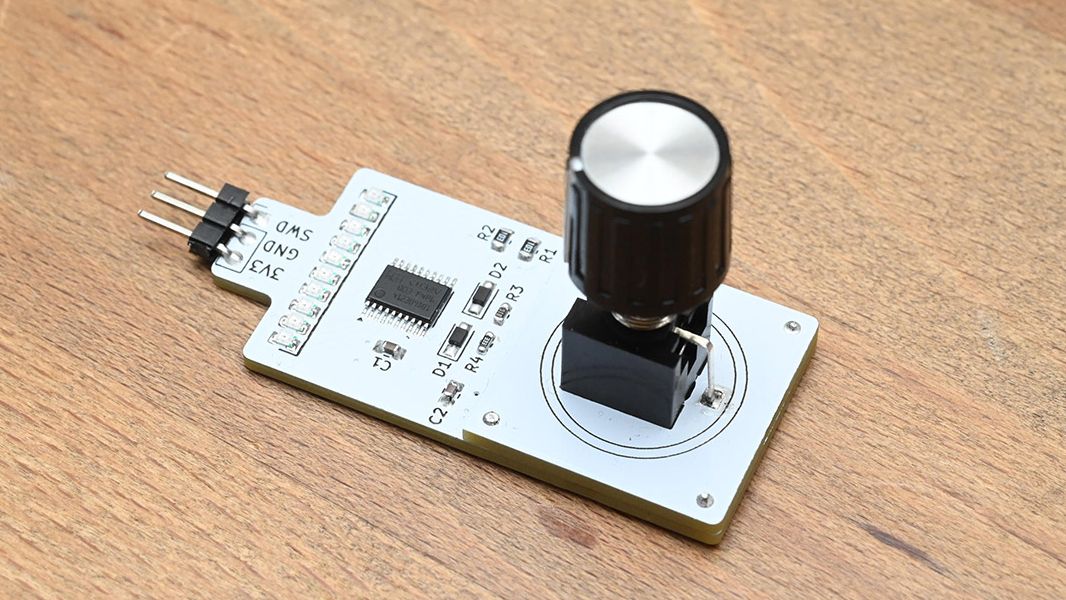












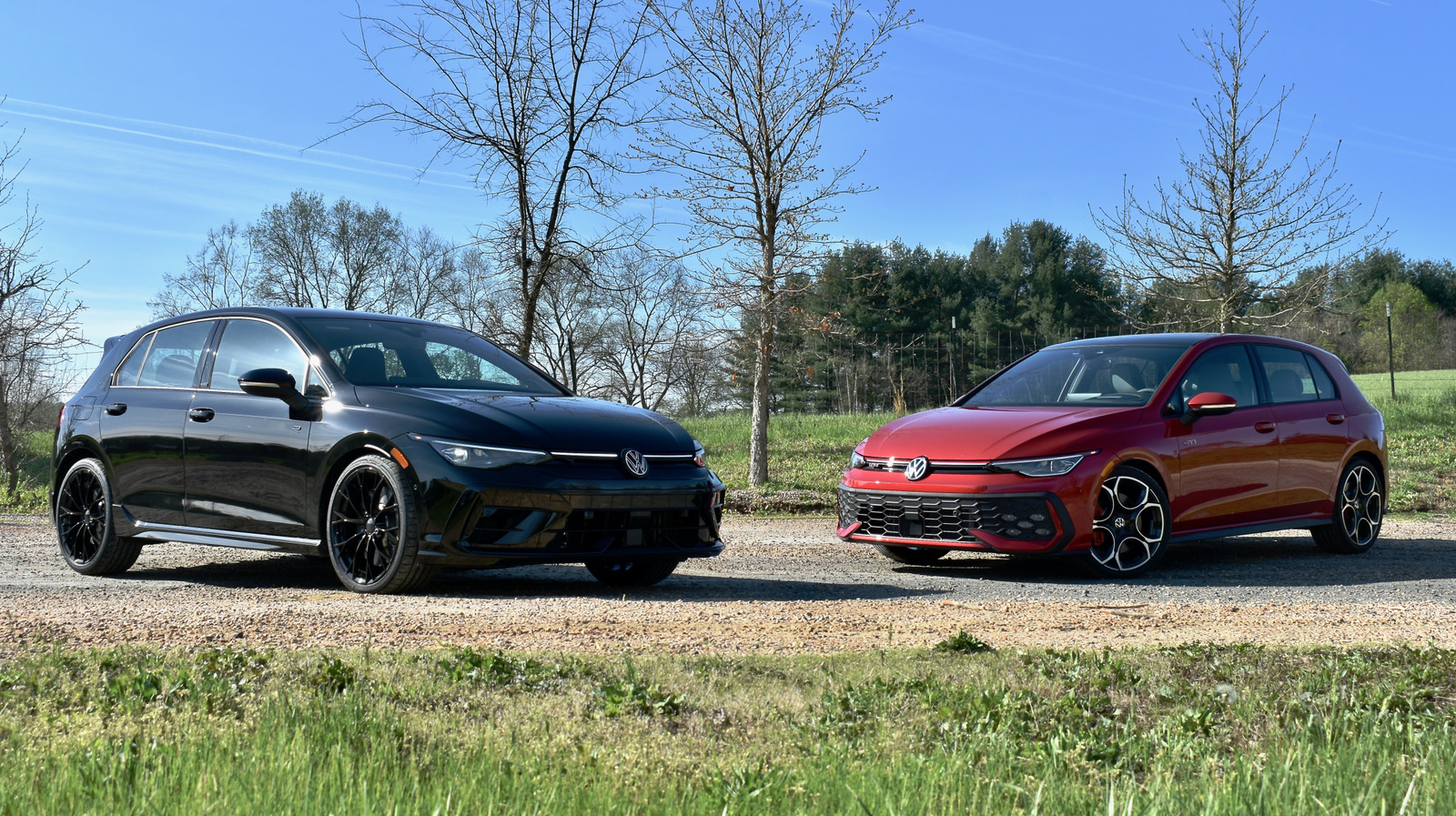

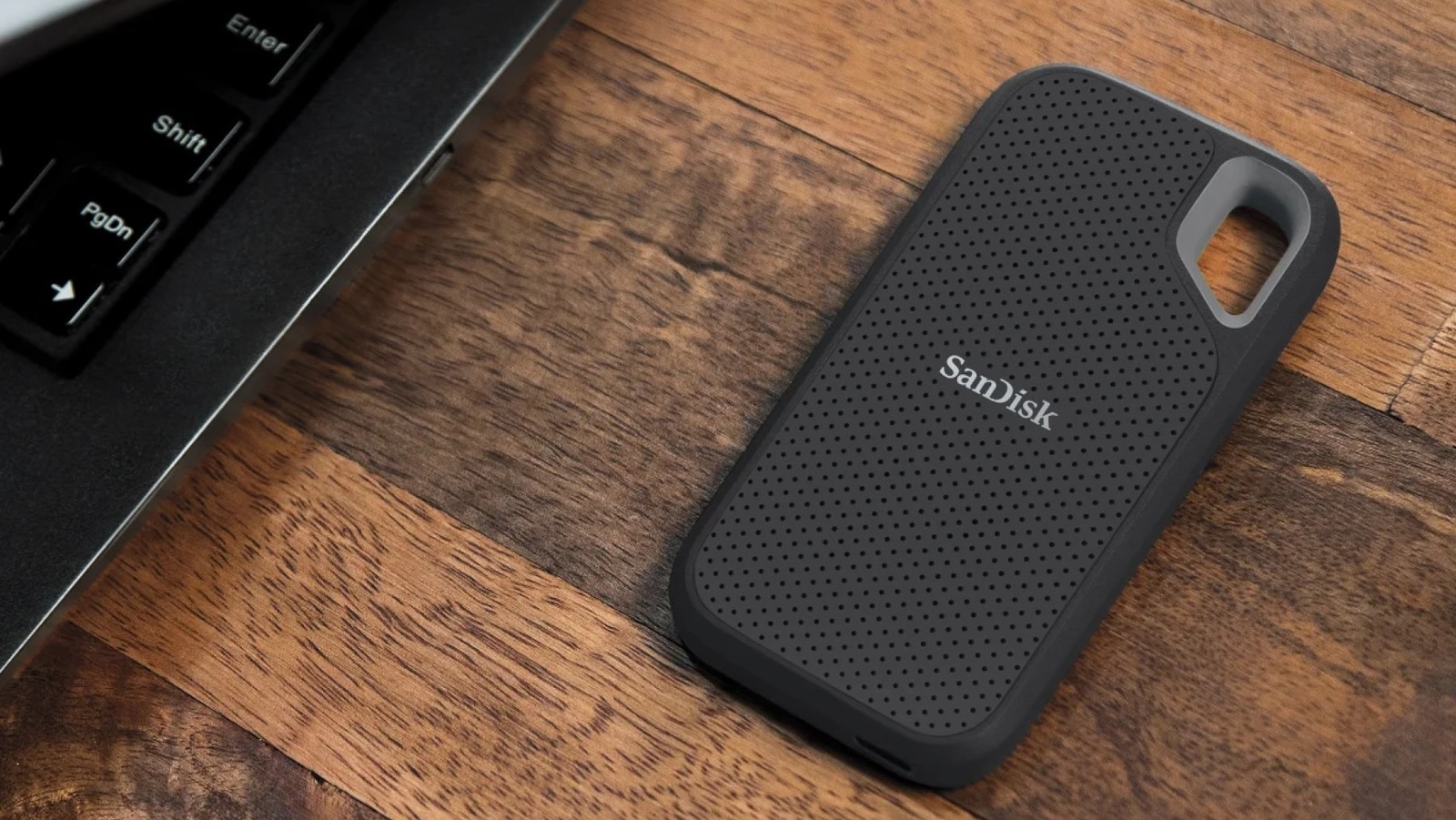










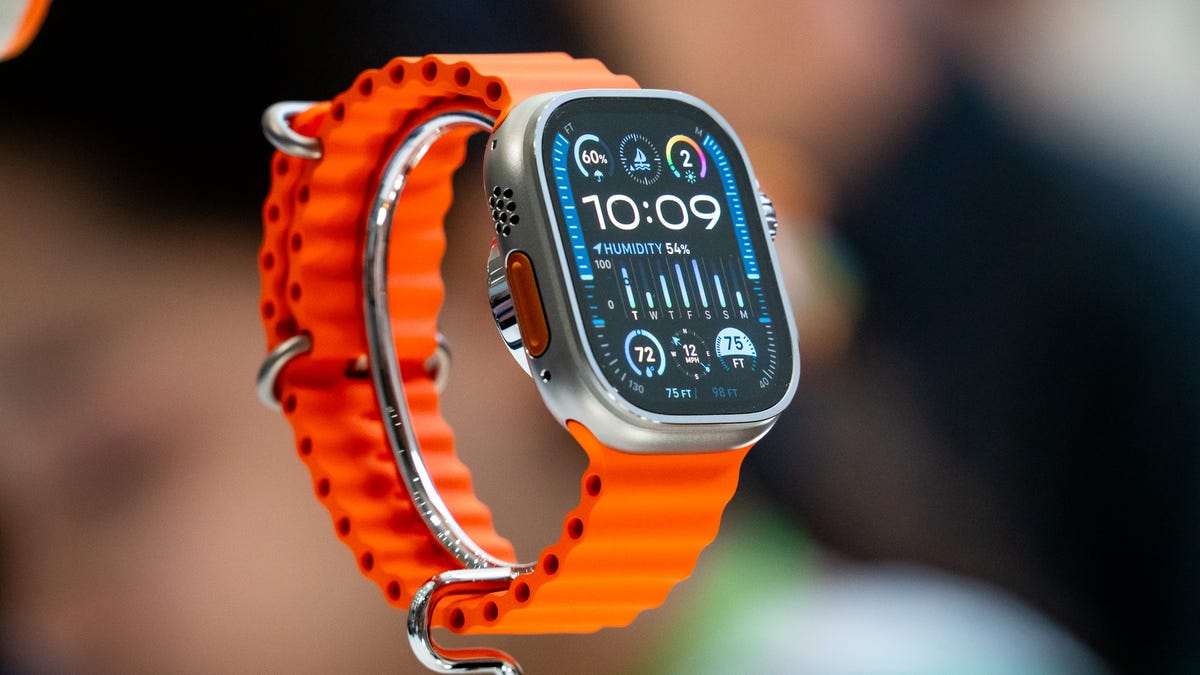
























_NicoElNino_Alamy.jpg?width=1280&auto=webp&quality=80&disable=upscale#)
_Muhammad_R._Fakhrurrozi_Alamy.jpg?width=1280&auto=webp&quality=80&disable=upscale#)


























































































































![[The AI Show Episode 144]: ChatGPT’s New Memory, Shopify CEO’s Leaked “AI First” Memo, Google Cloud Next Releases, o3 and o4-mini Coming Soon & Llama 4’s Rocky Launch](https://www.marketingaiinstitute.com/hubfs/ep%20144%20cover.png)






















































































































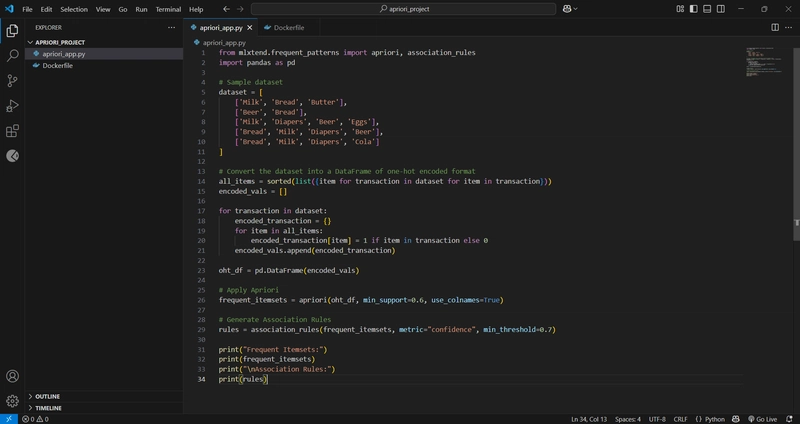
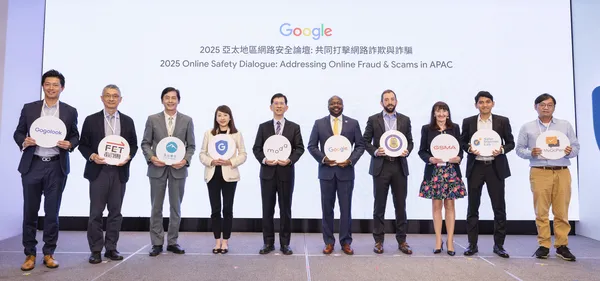
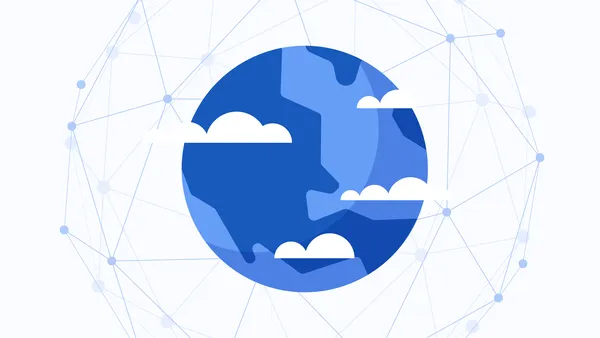
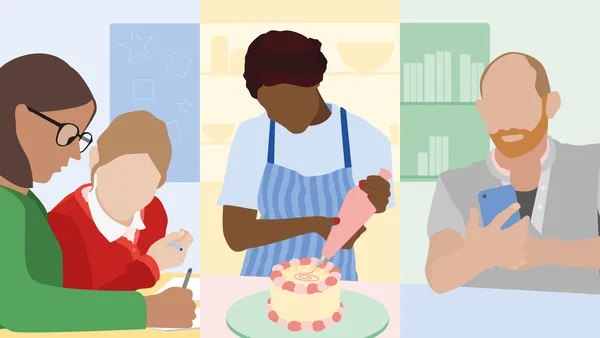






































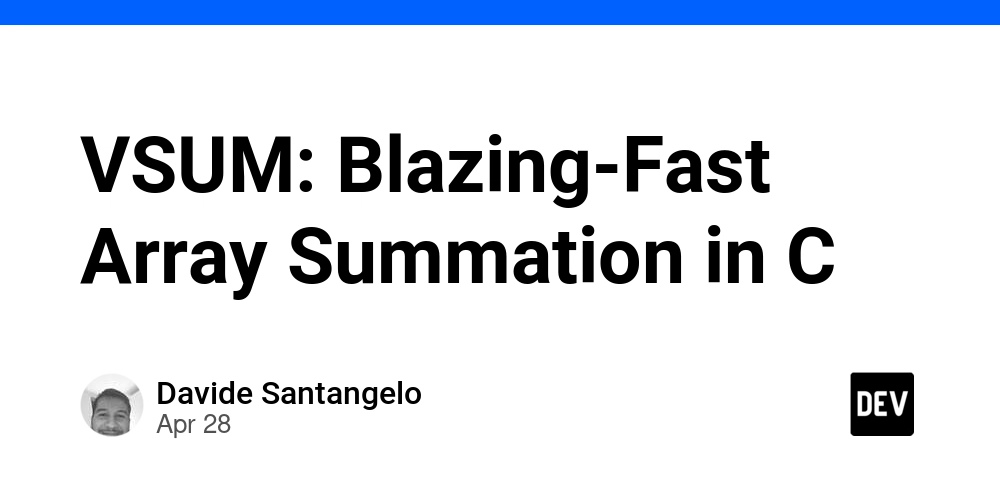





![[DEALS] Koofr Cloud Storage: Lifetime Subscription (1TB) (80% off) & Other Deals Up To 98% Off – Offers End Soon!](https://www.javacodegeeks.com/wp-content/uploads/2012/12/jcg-logo.jpg)











